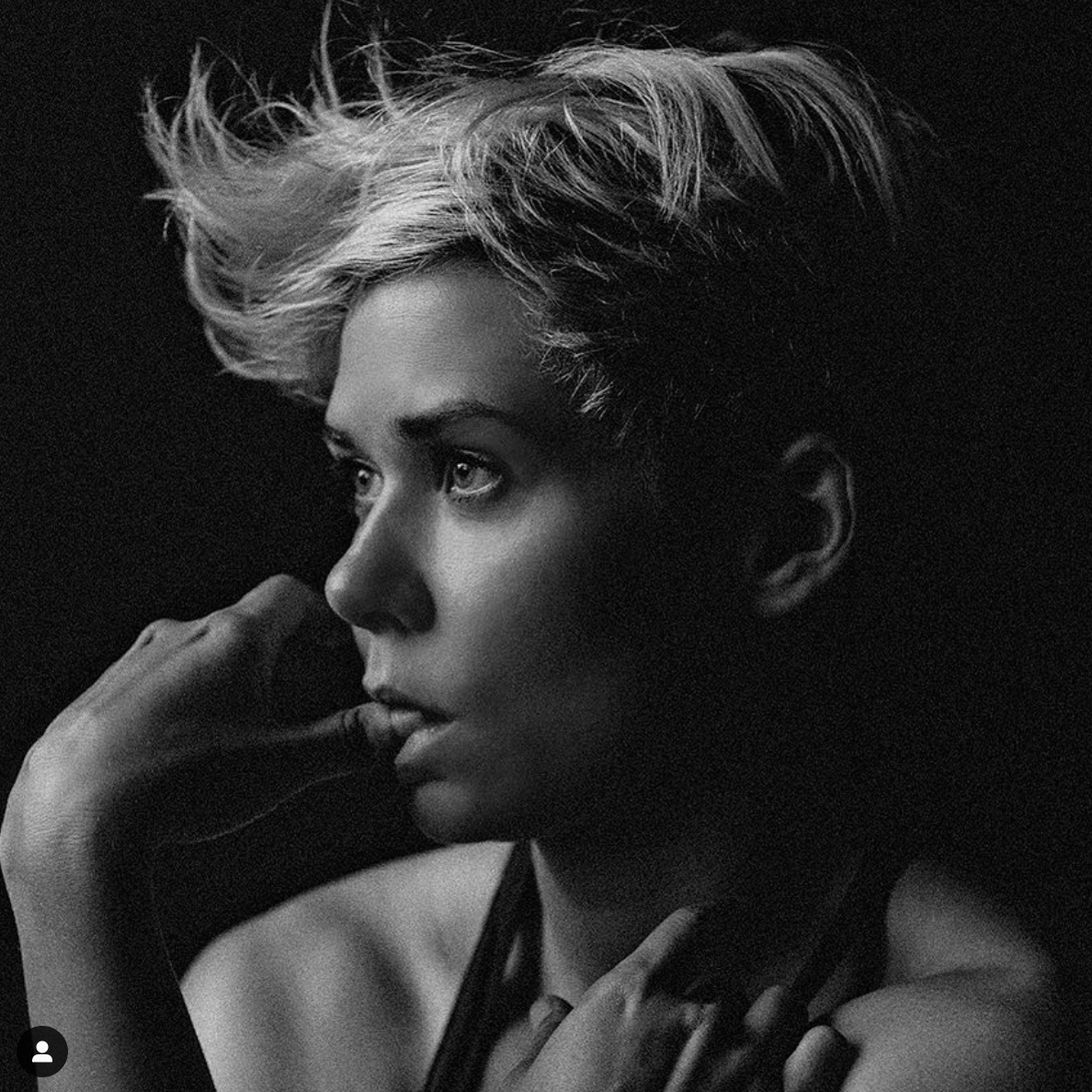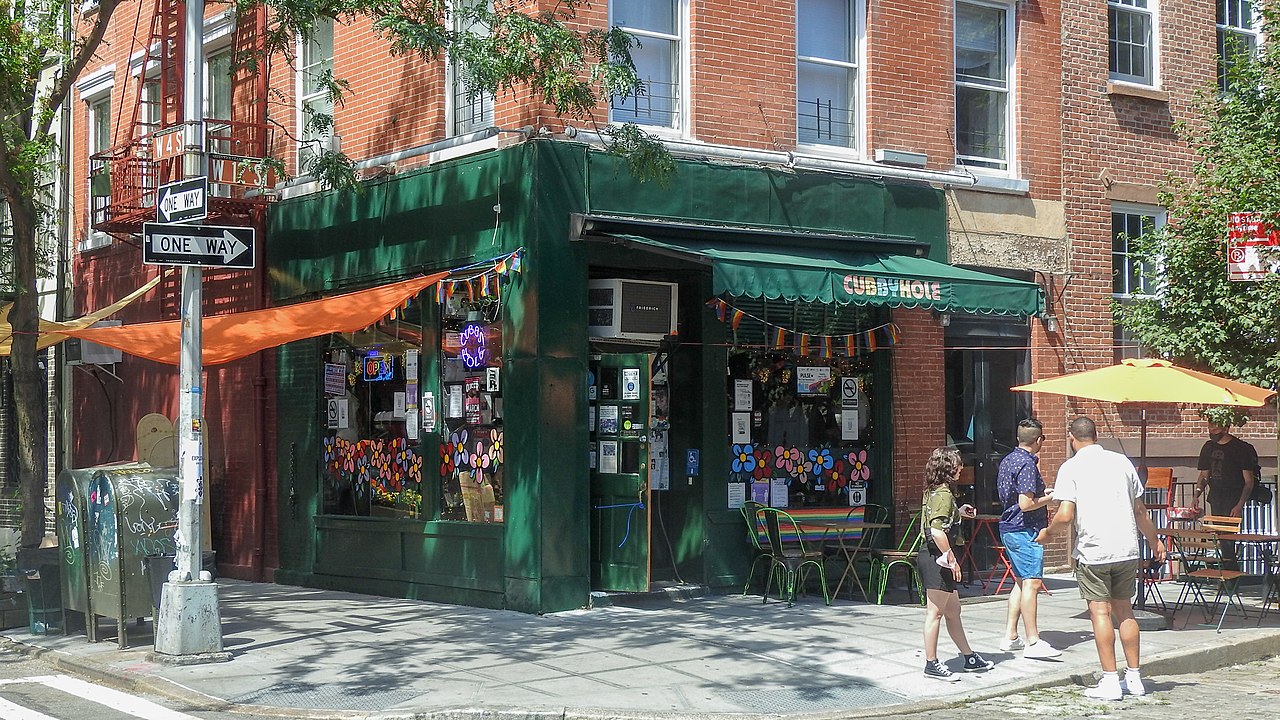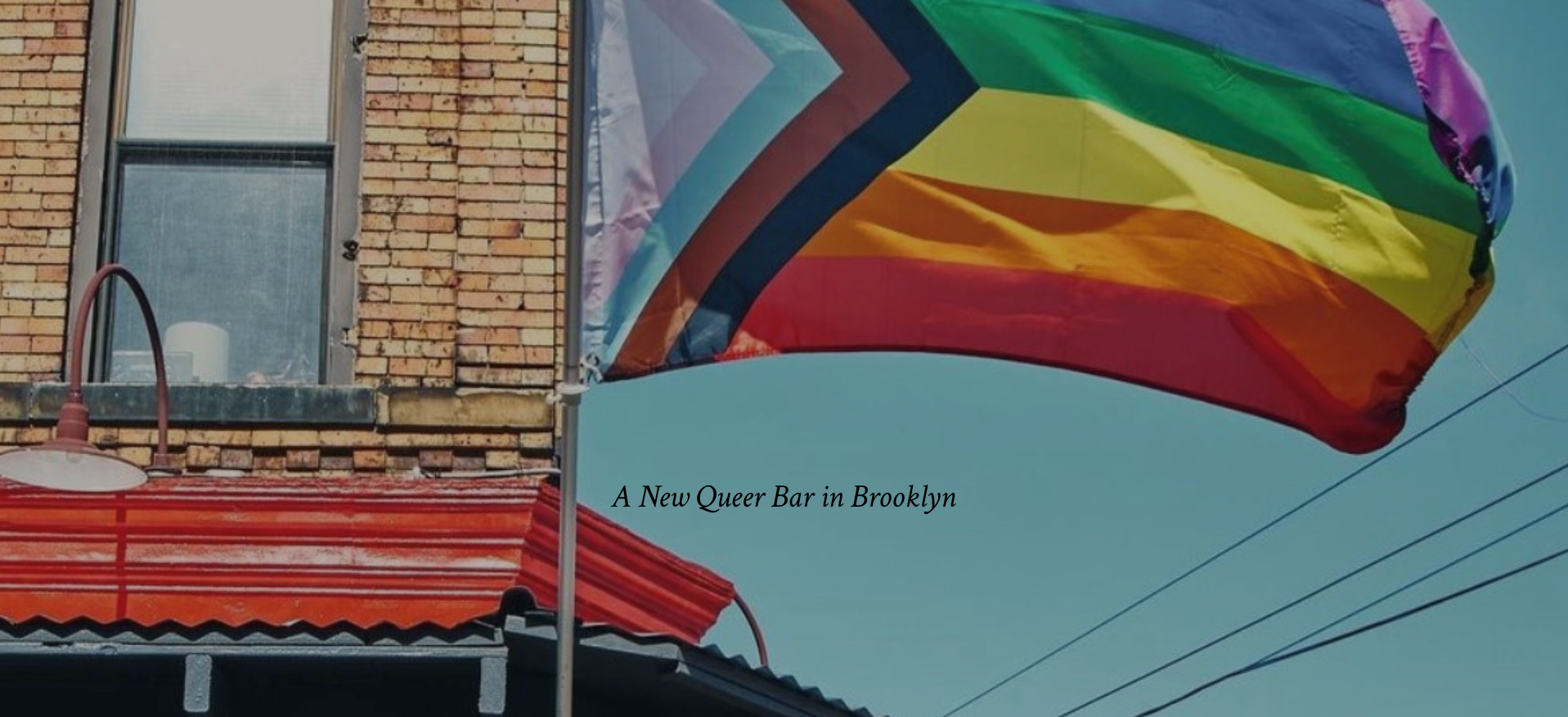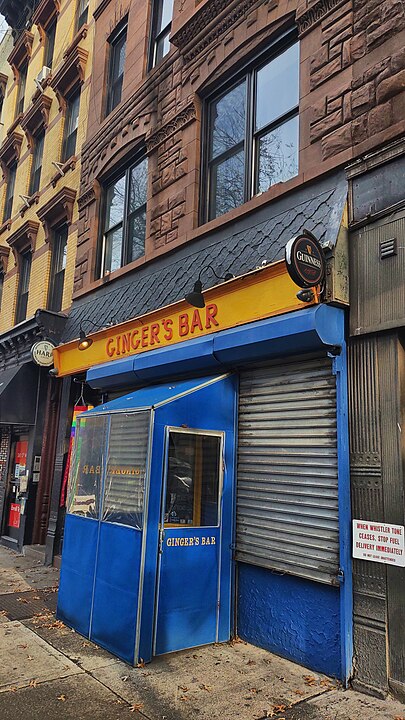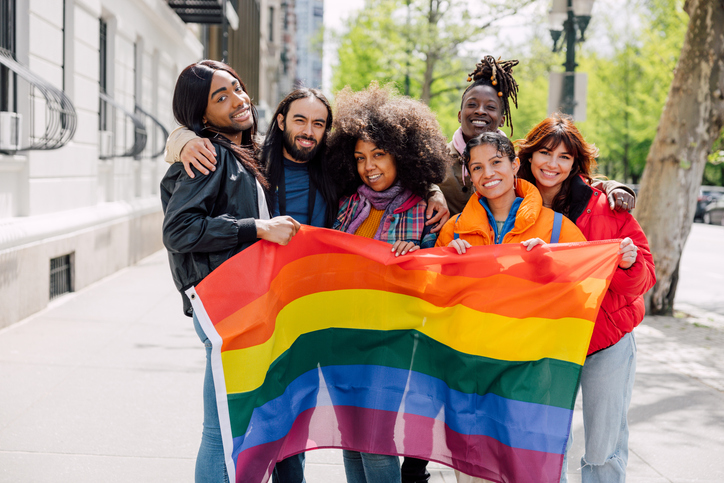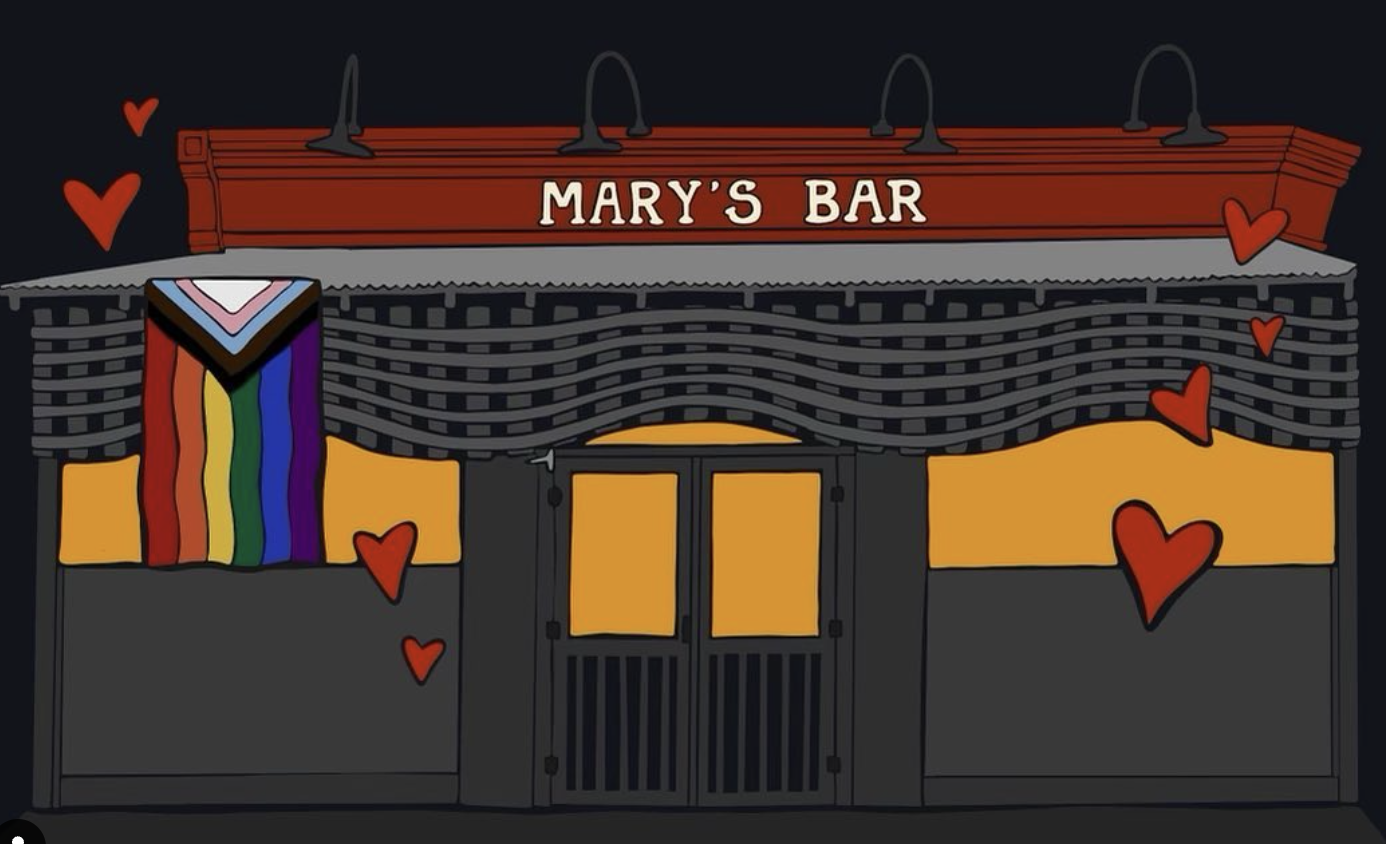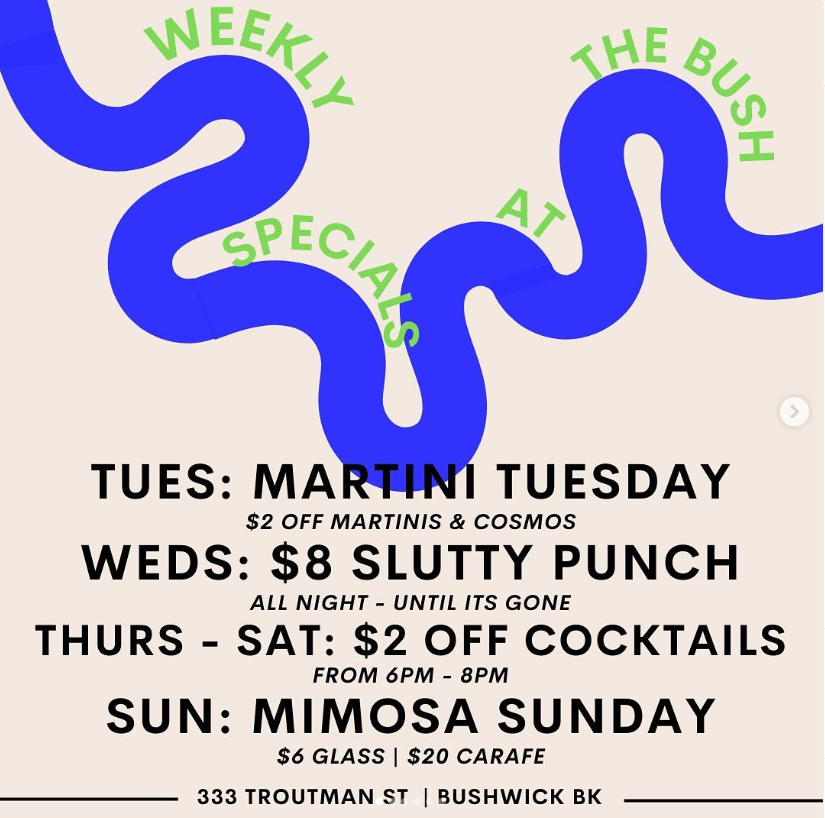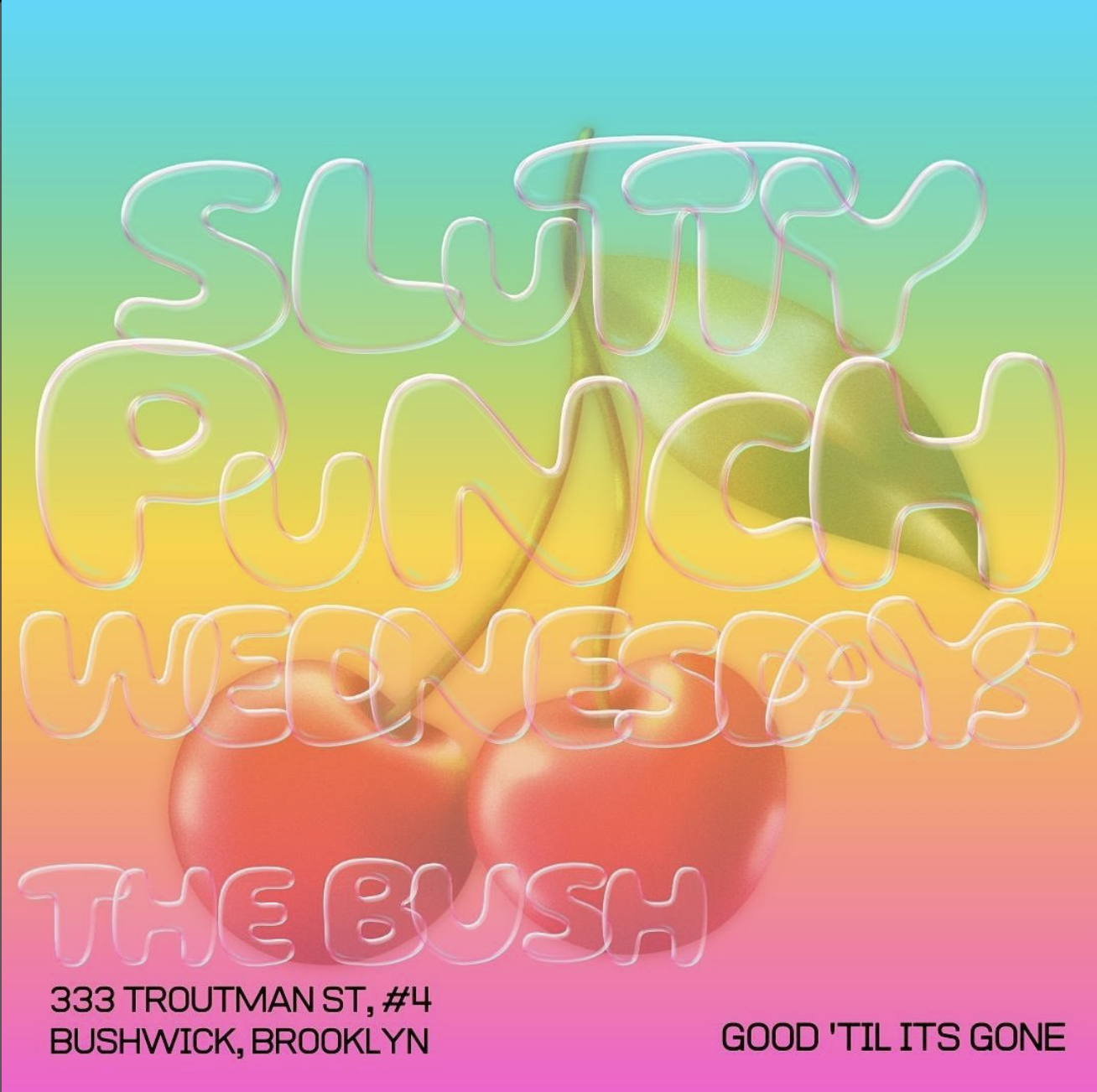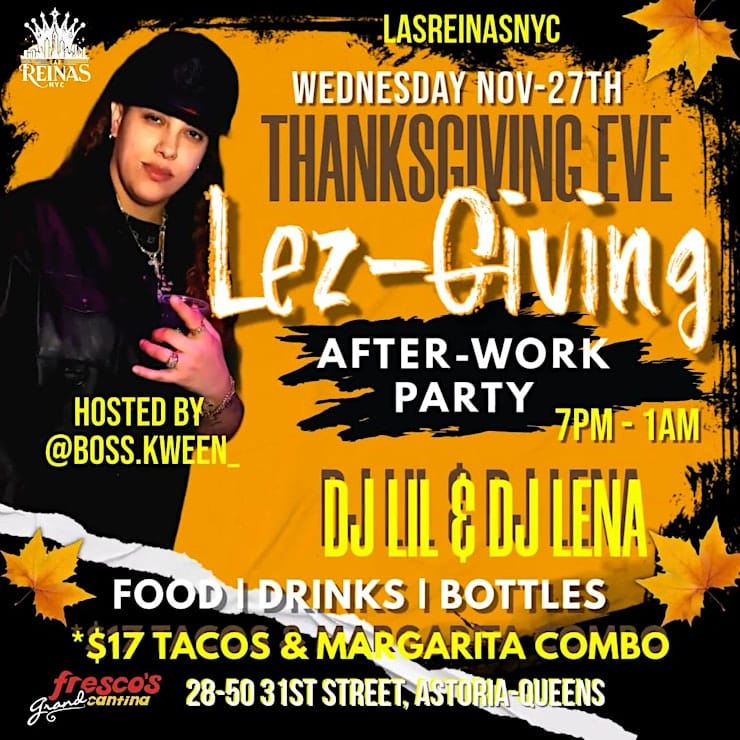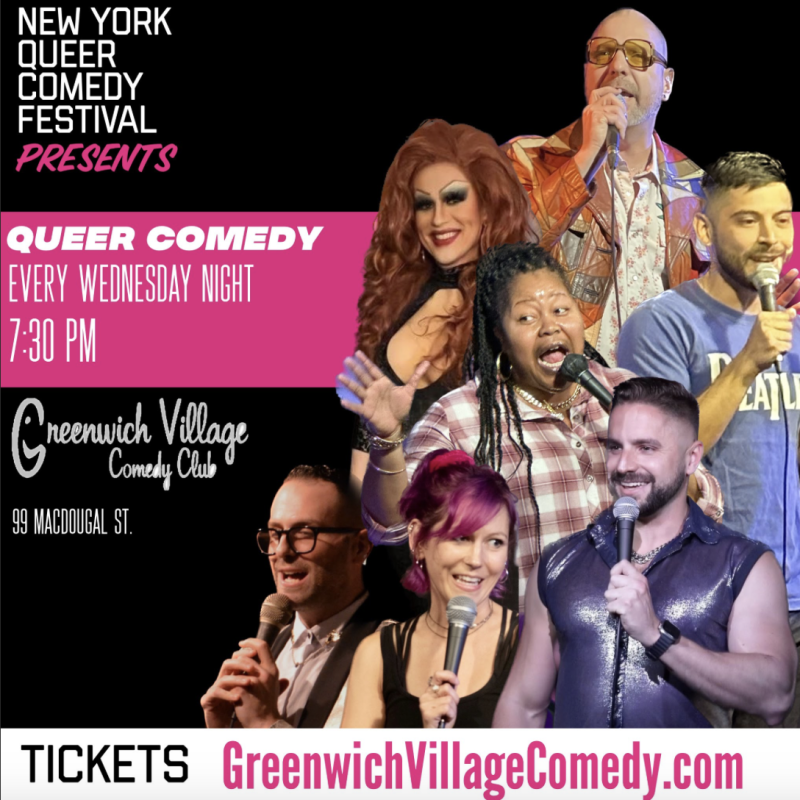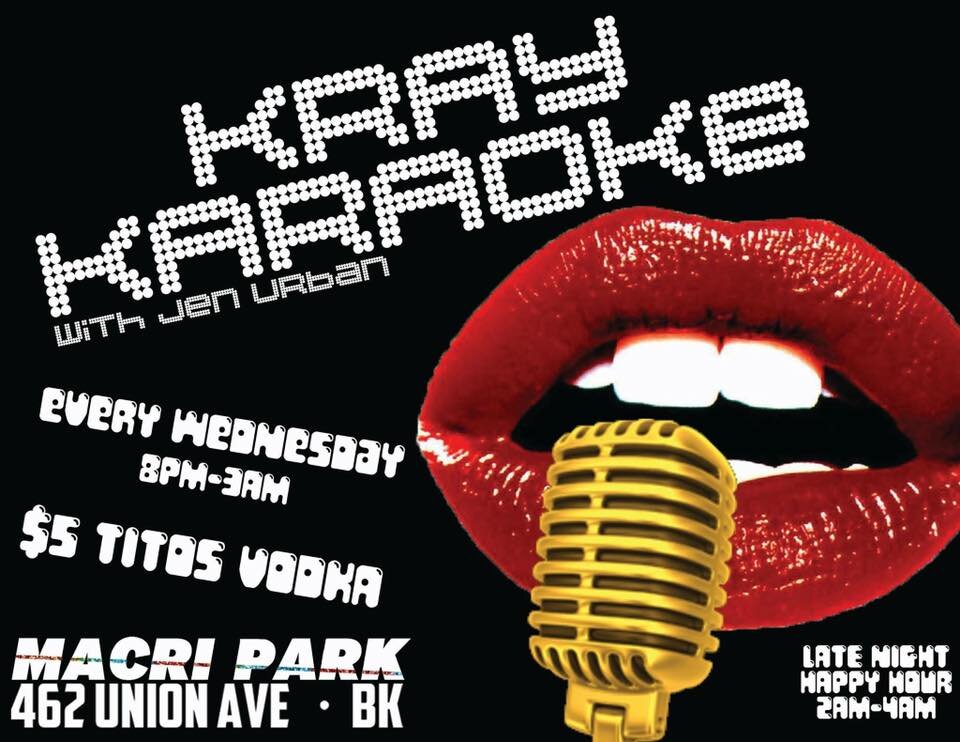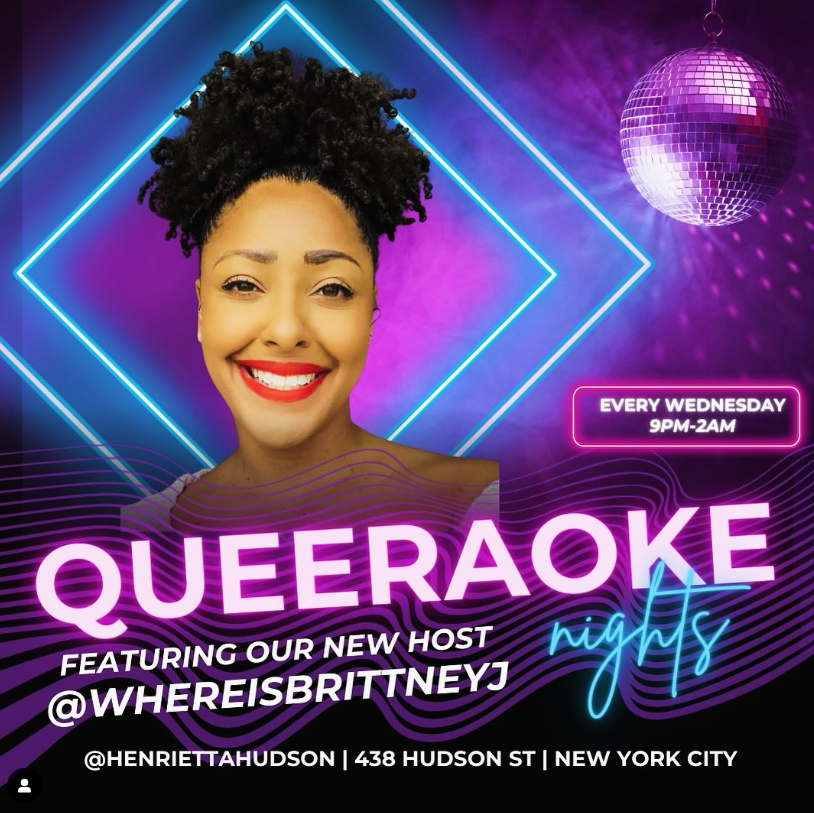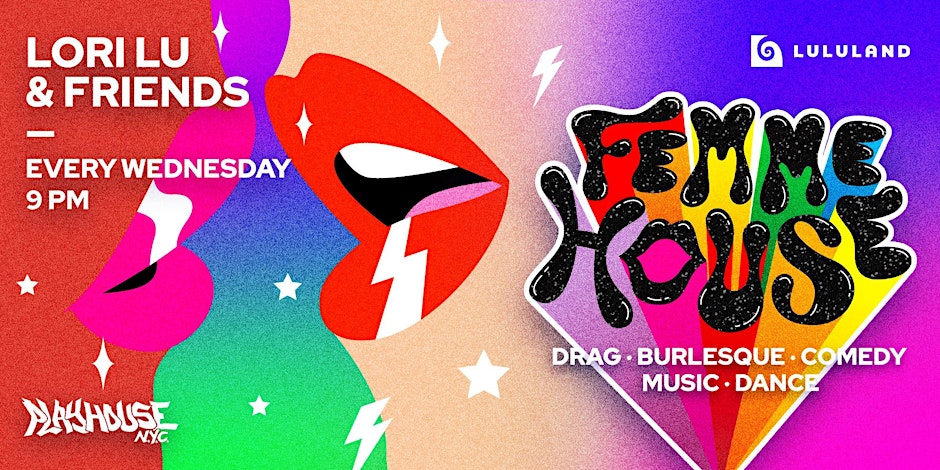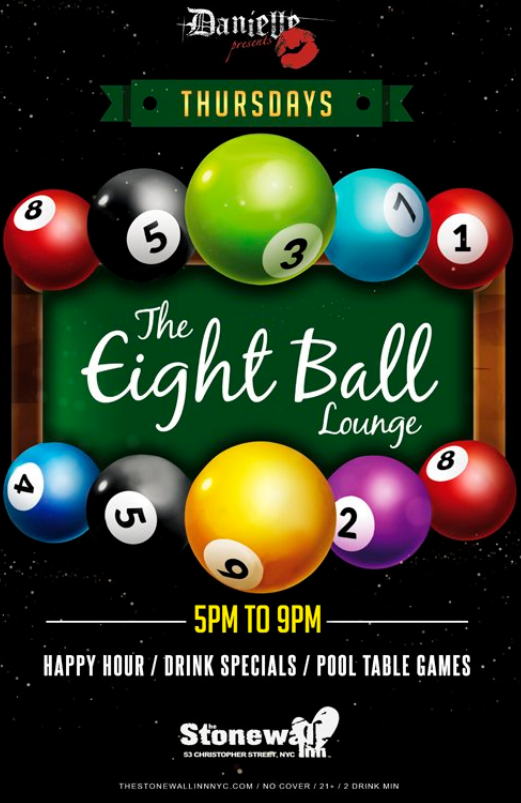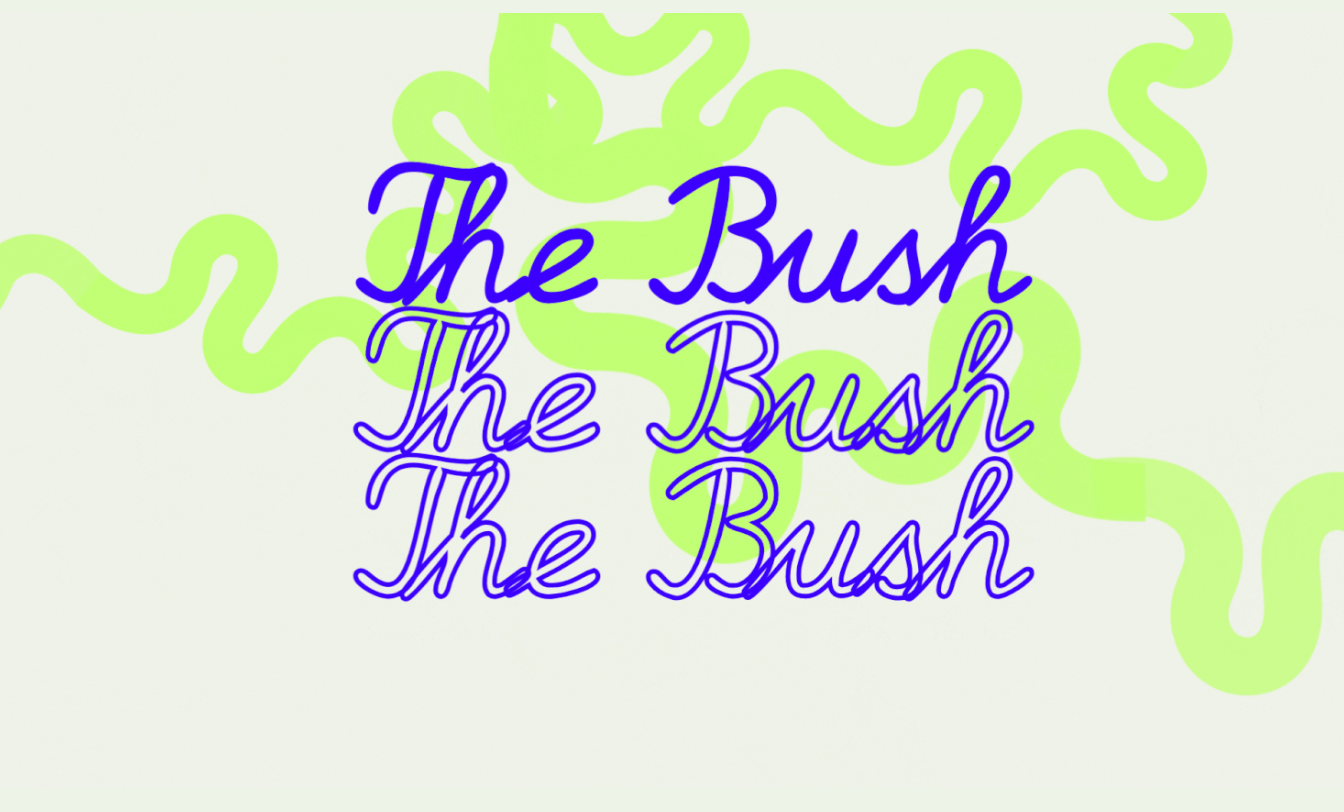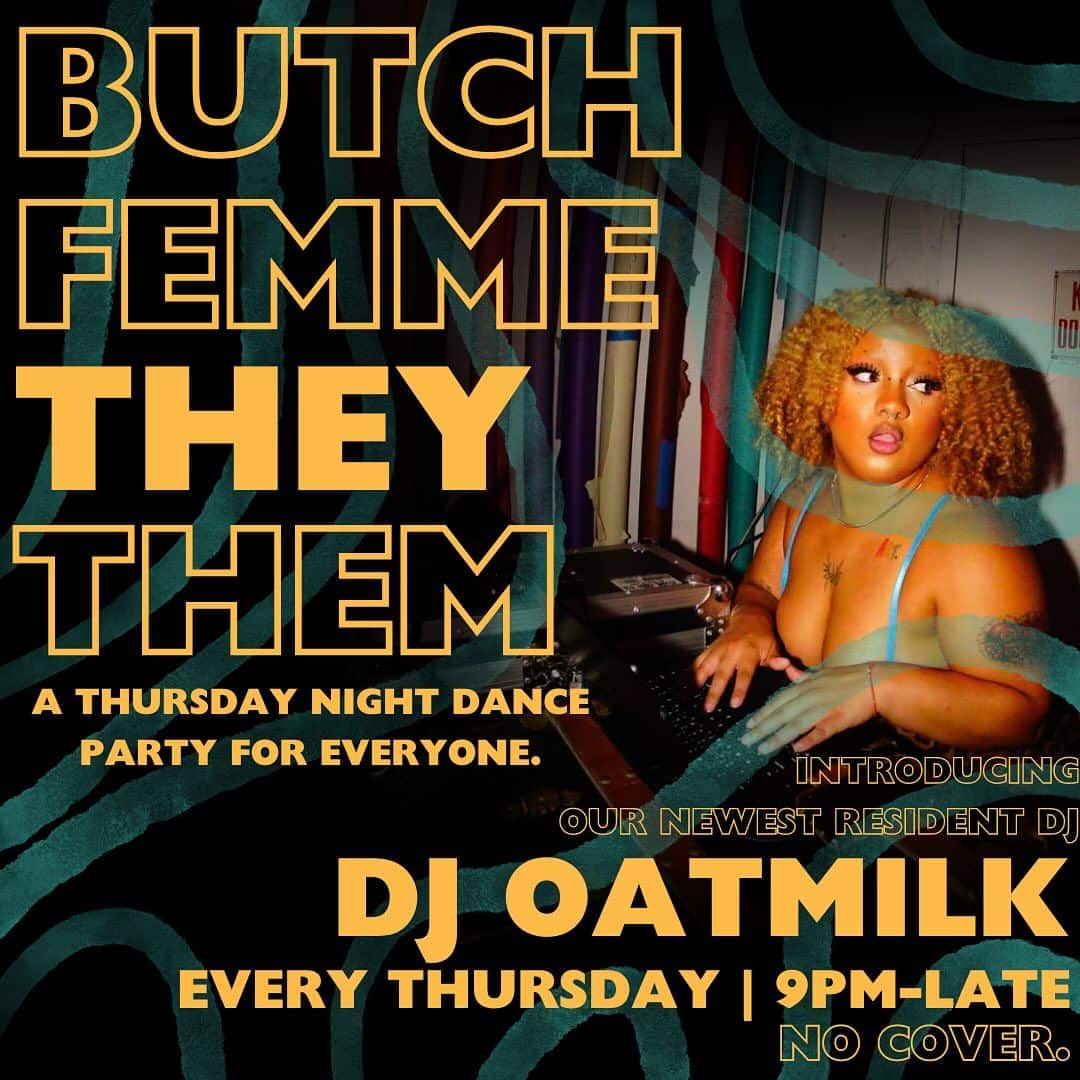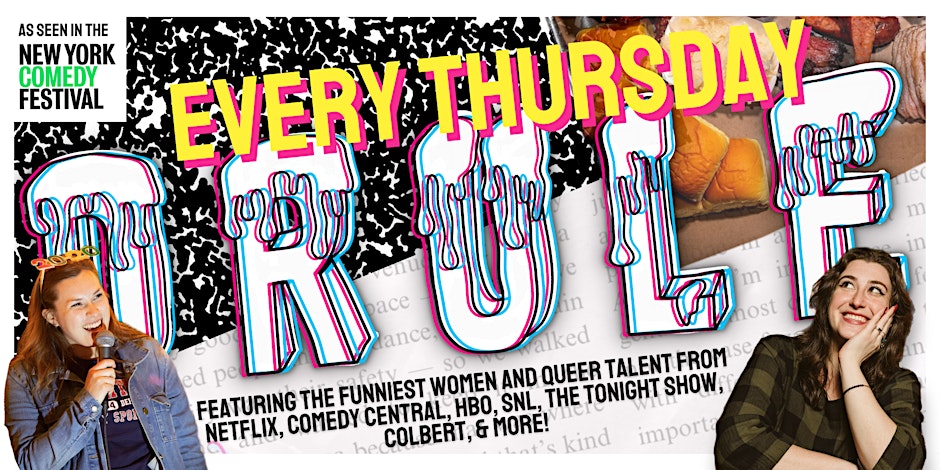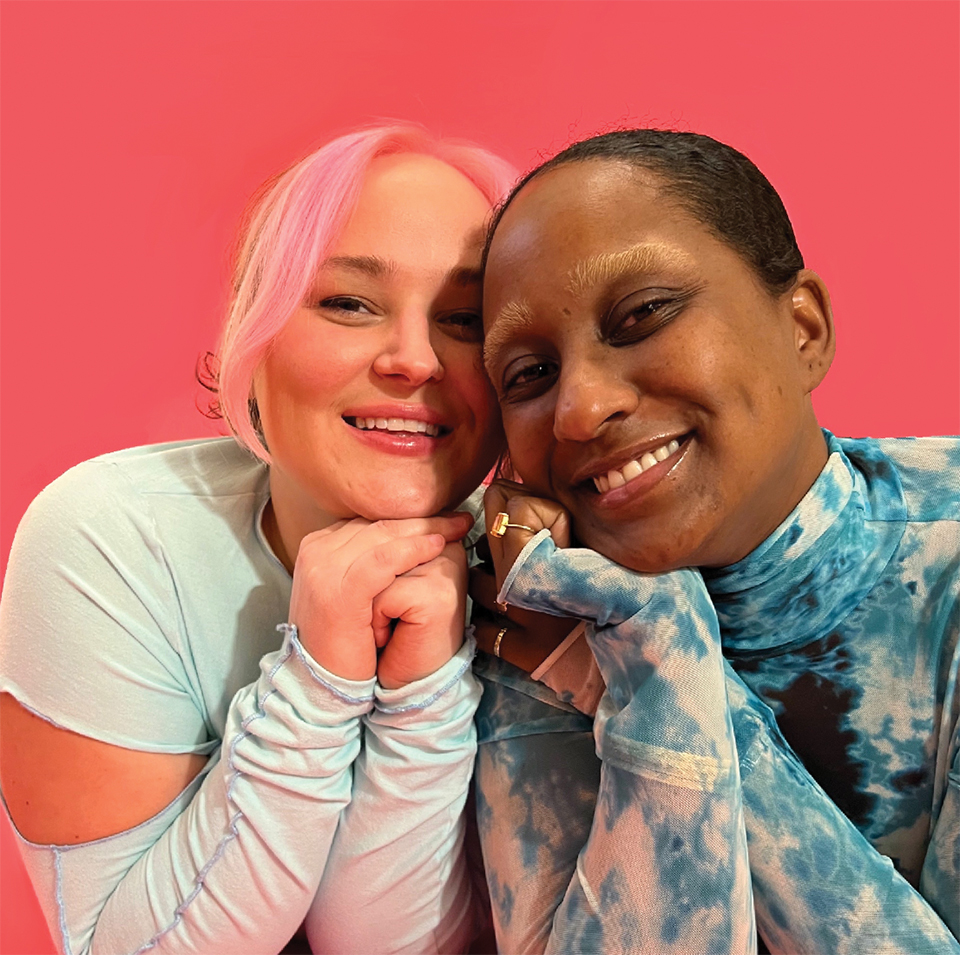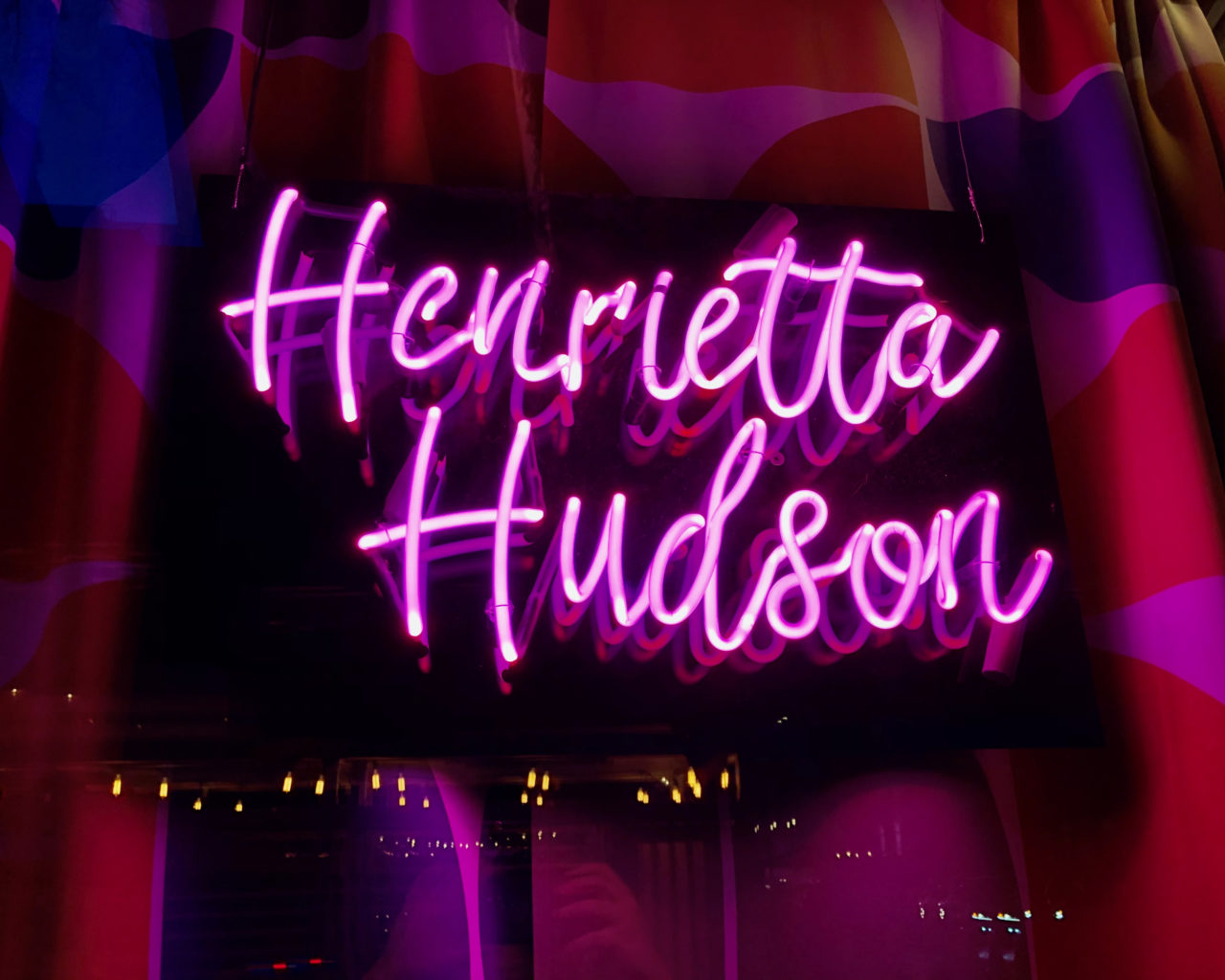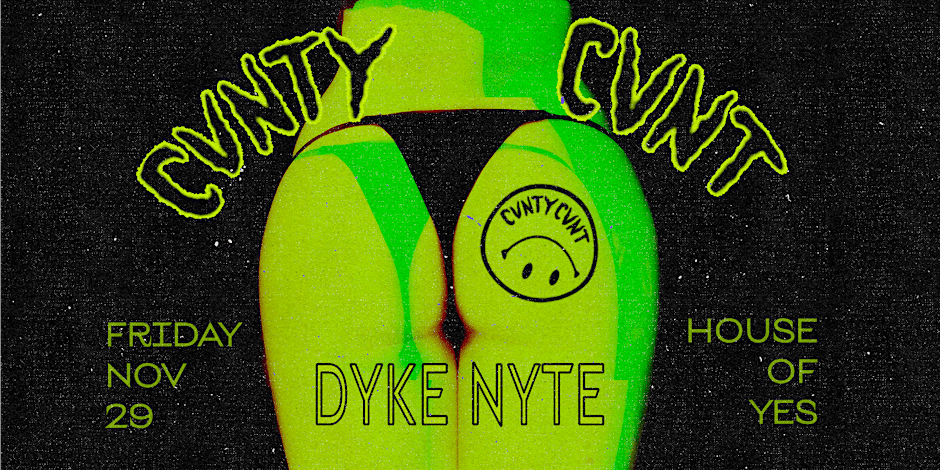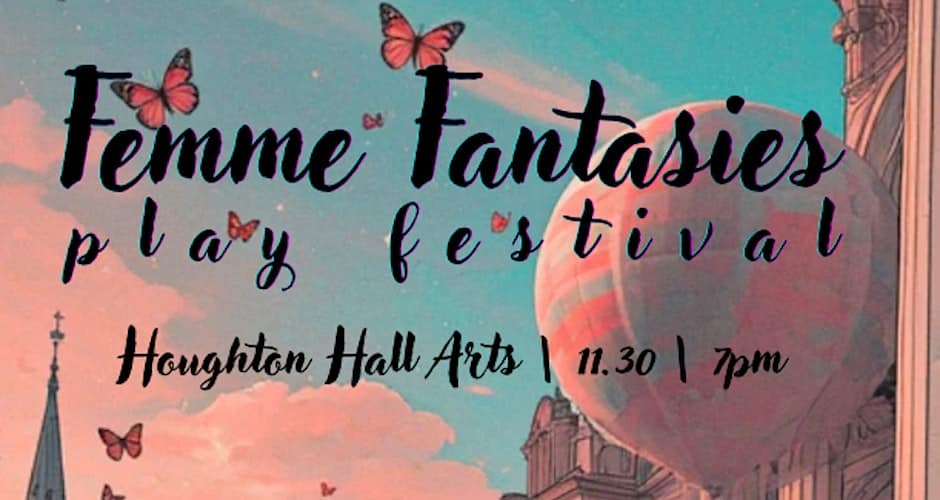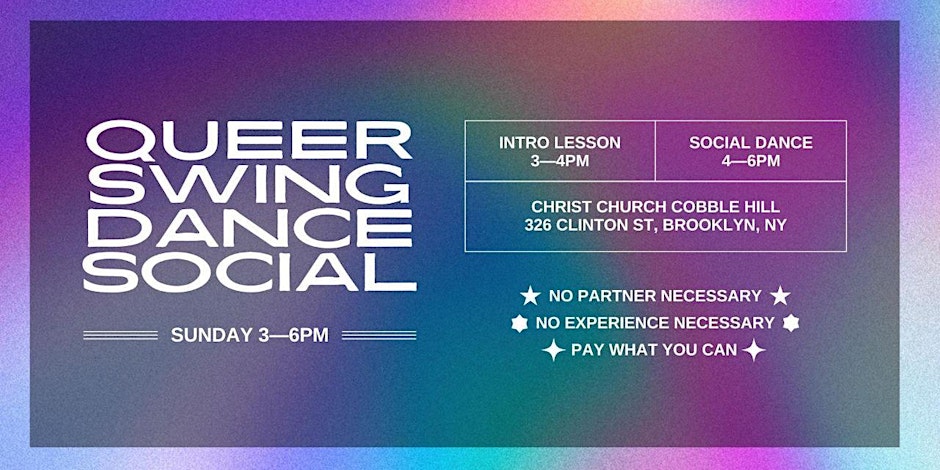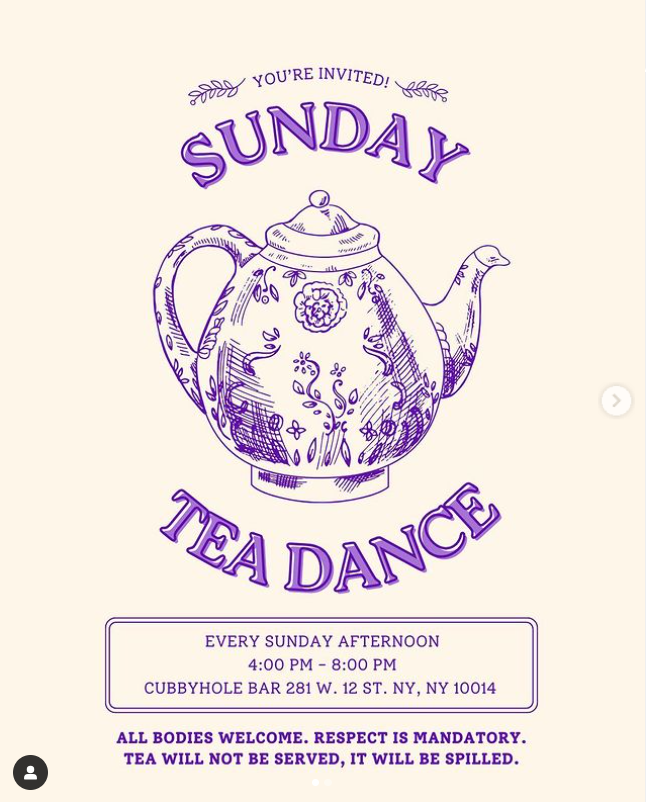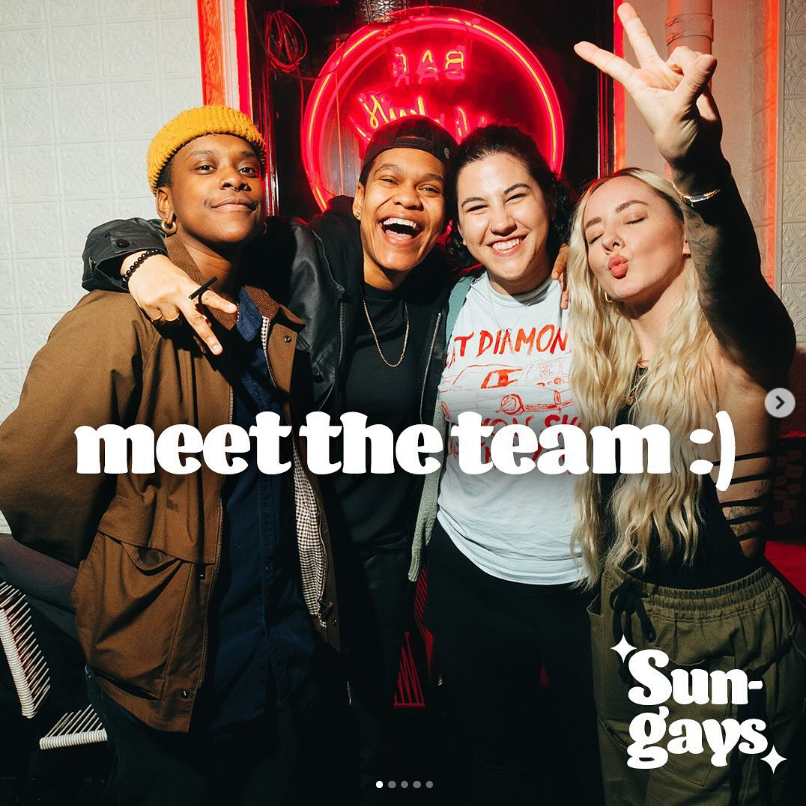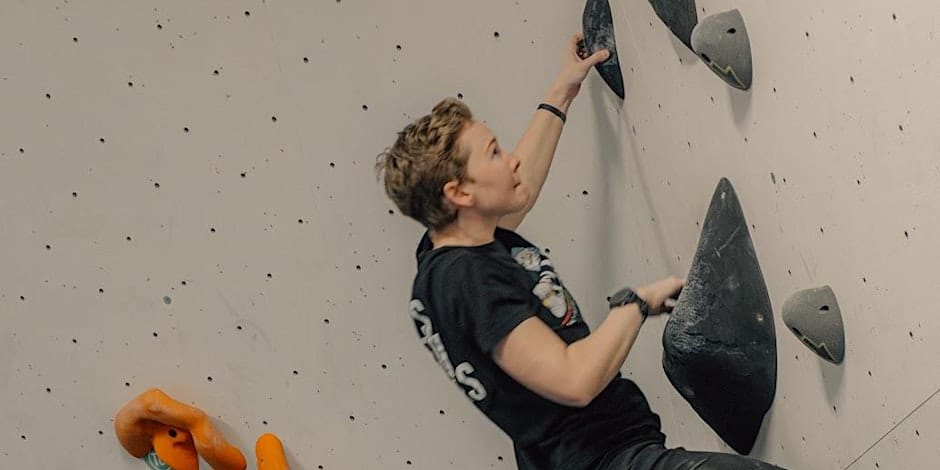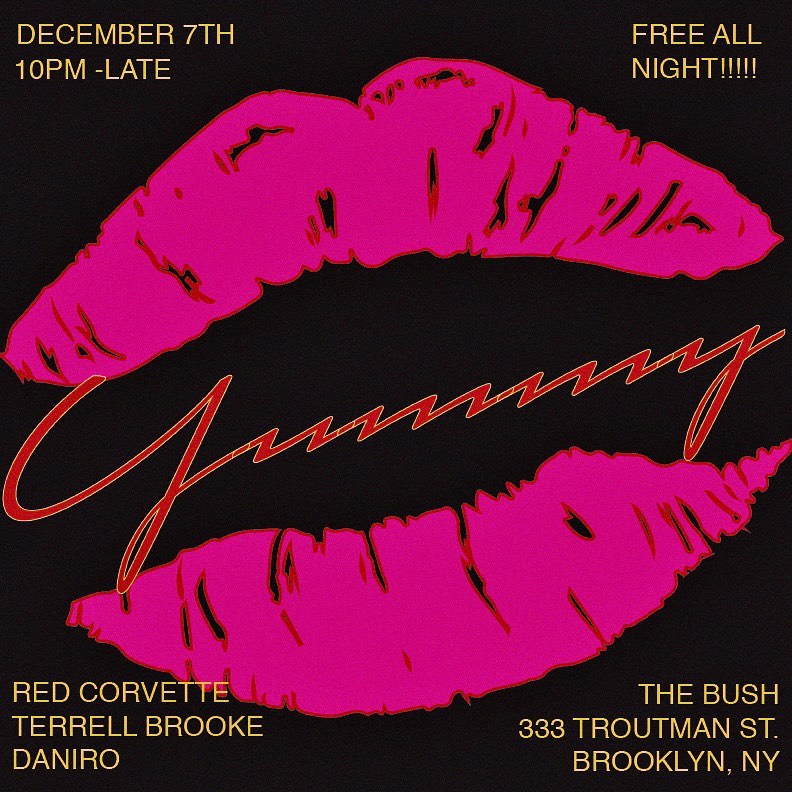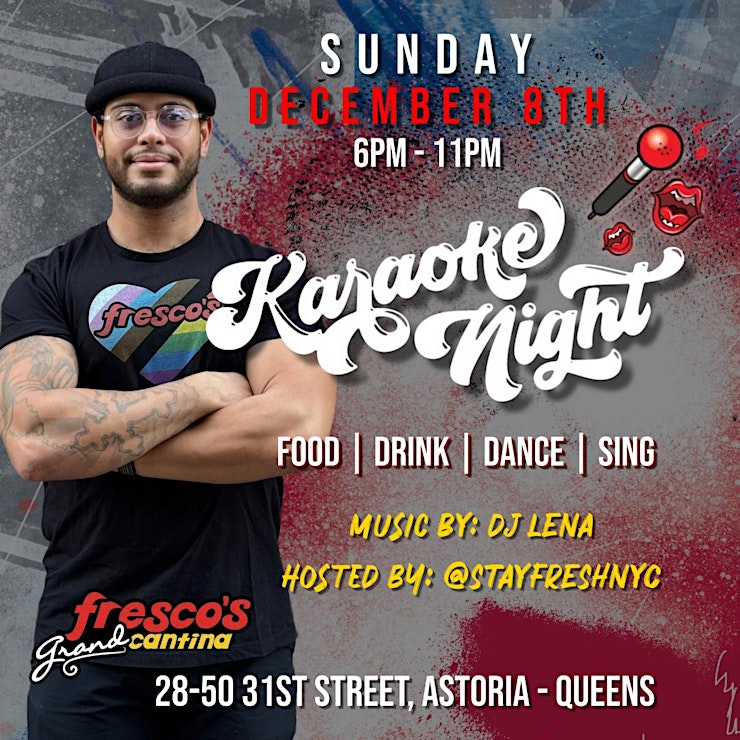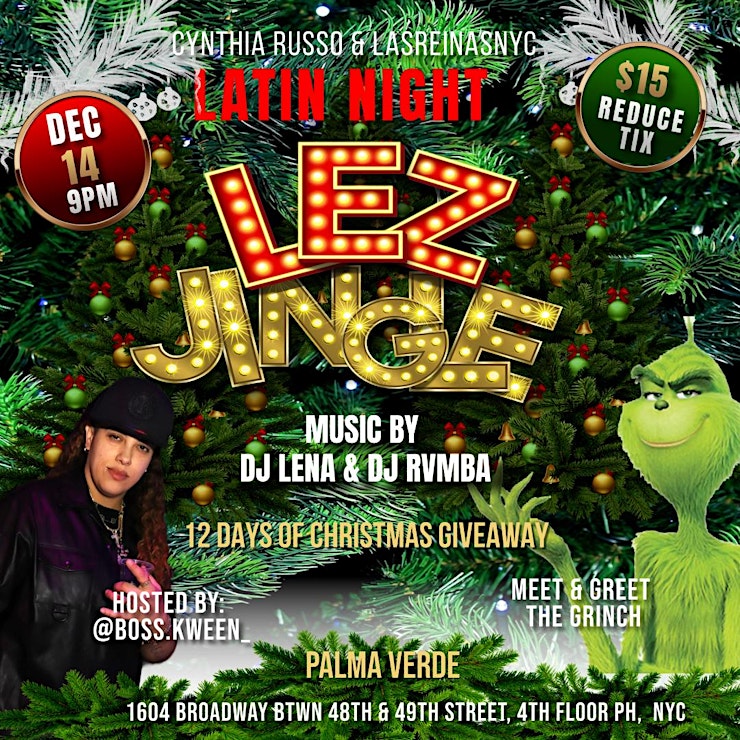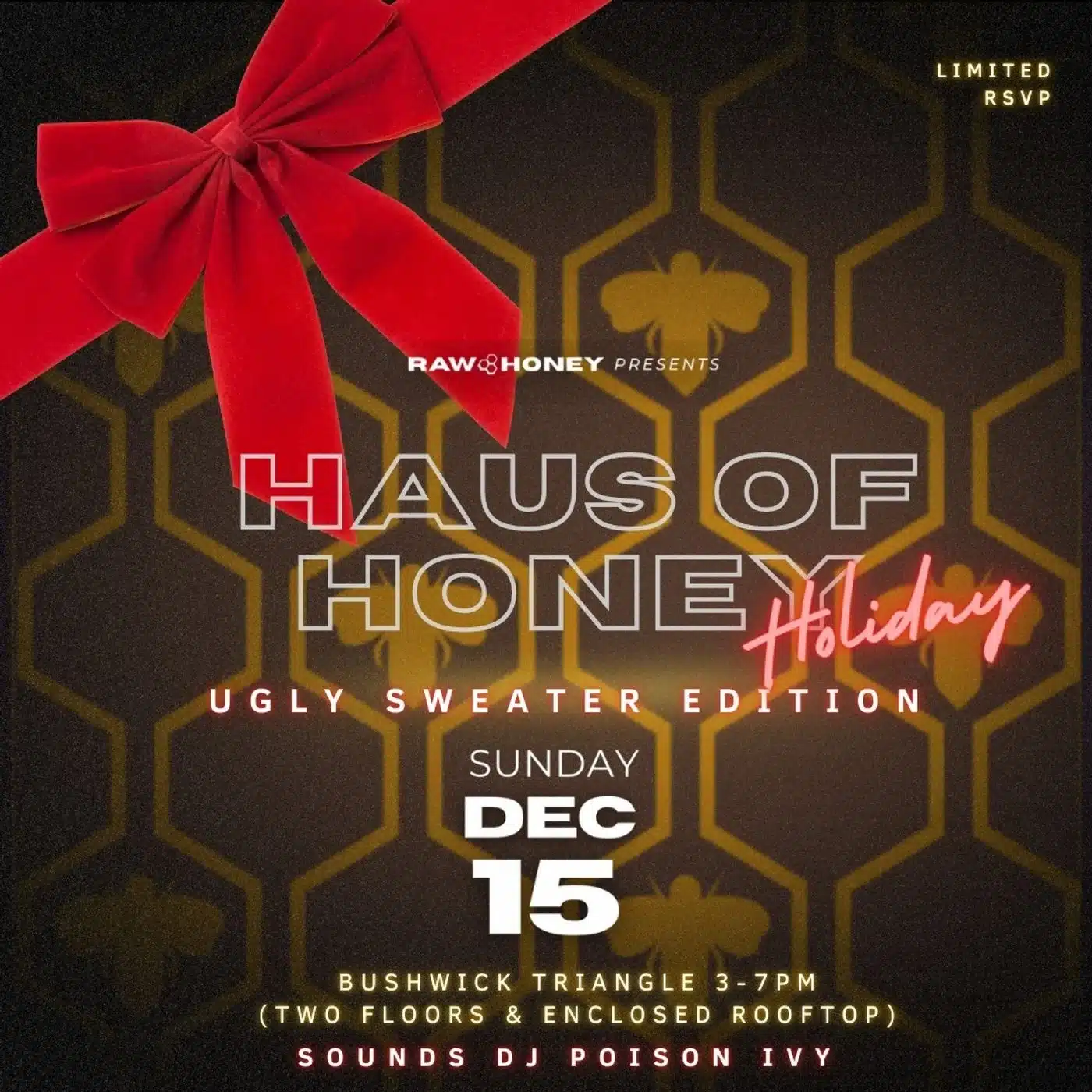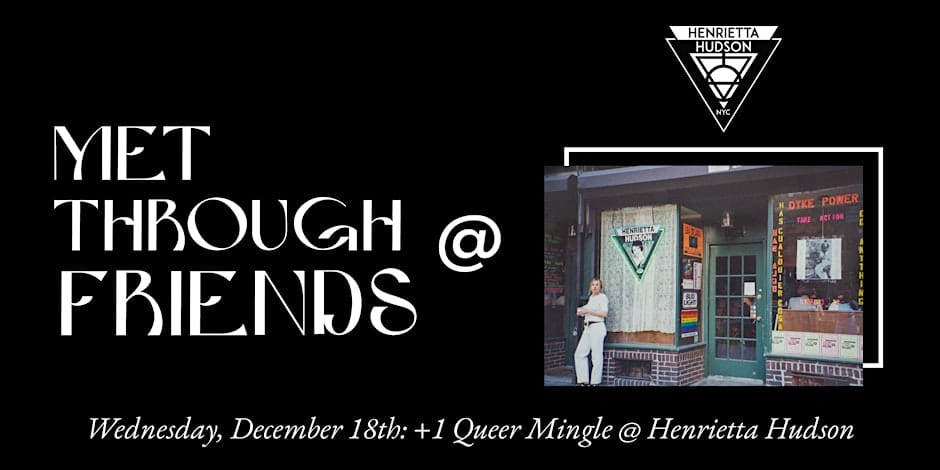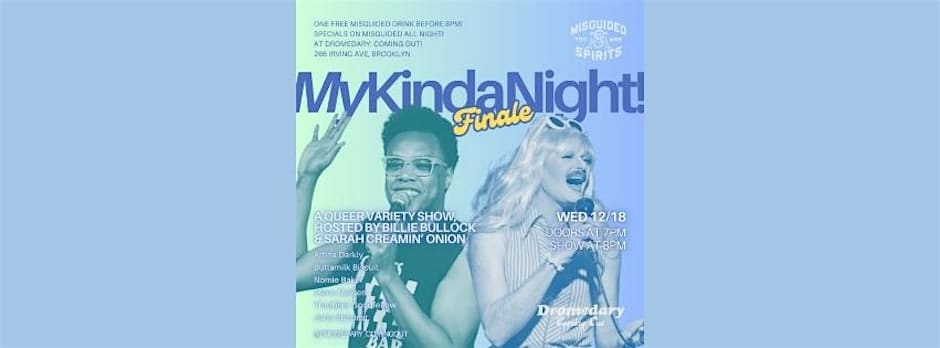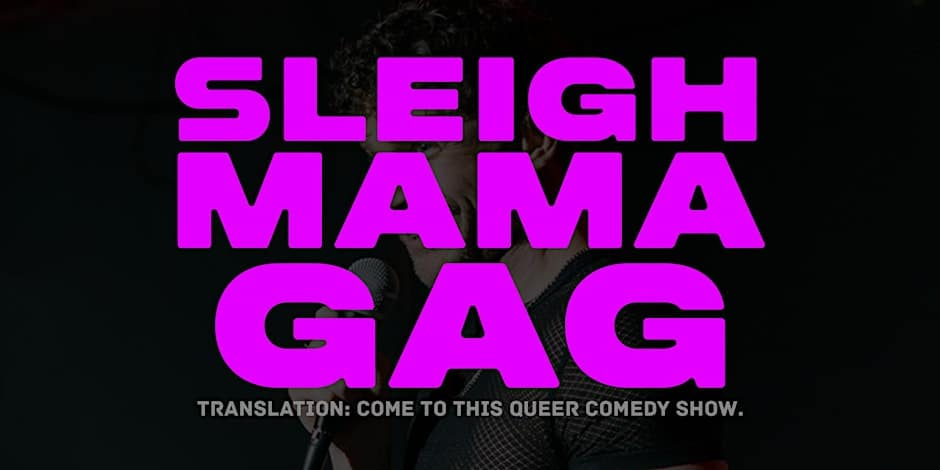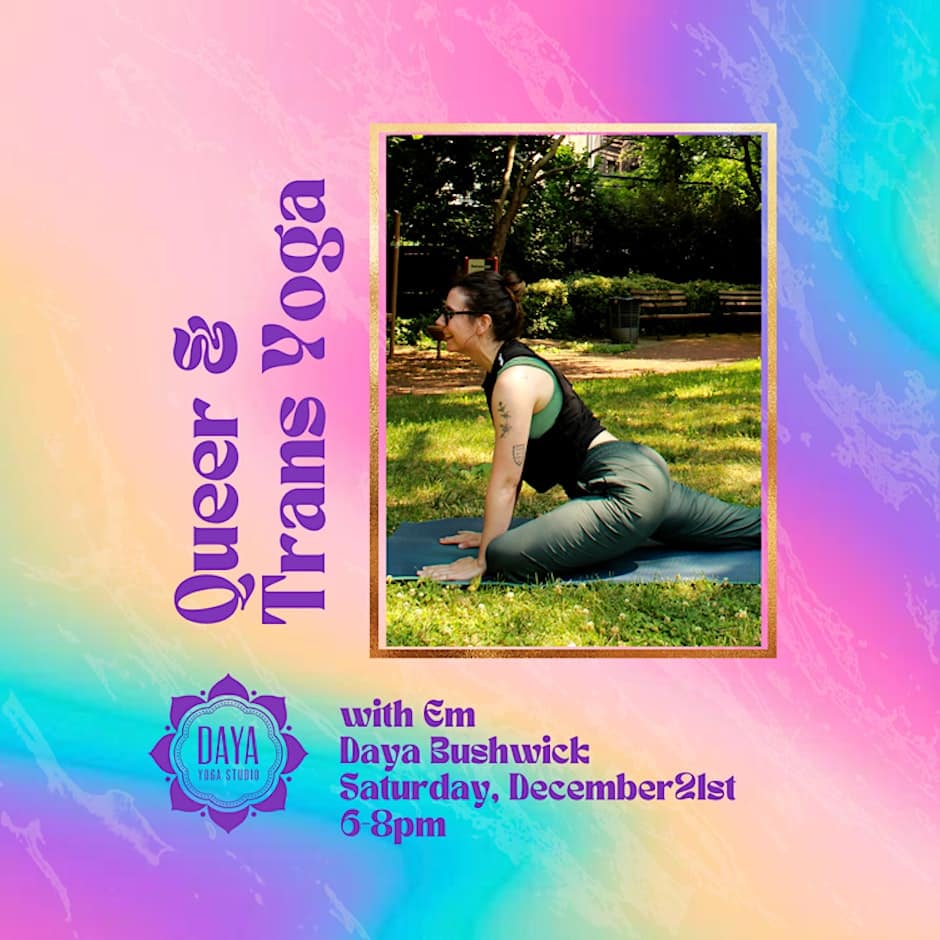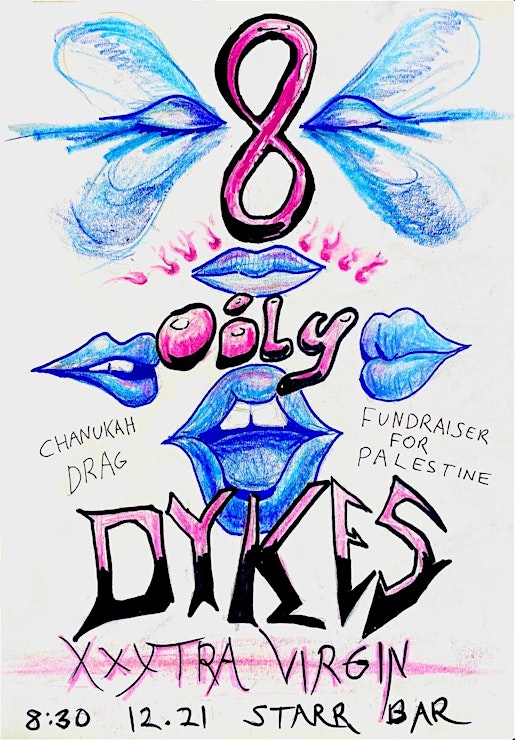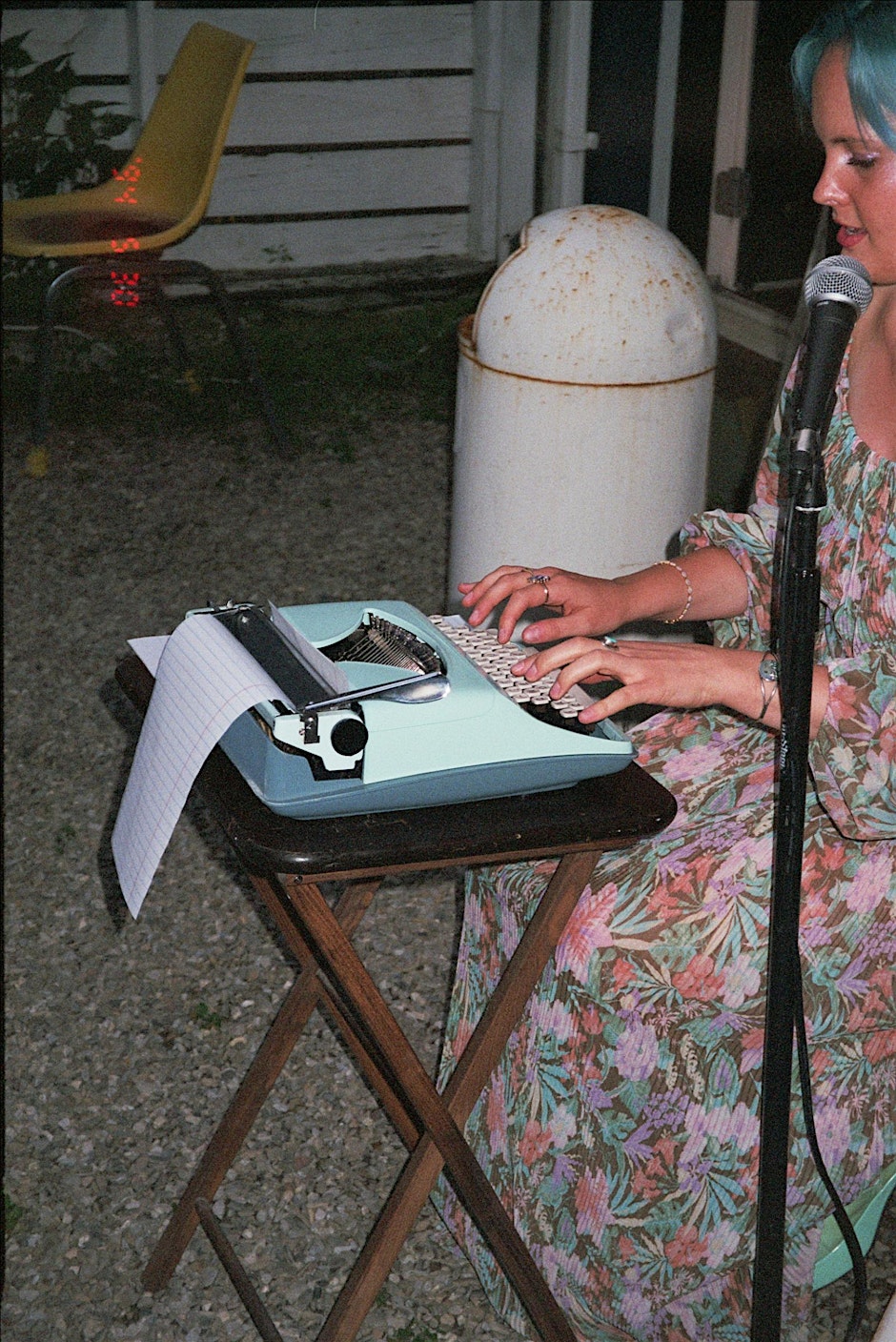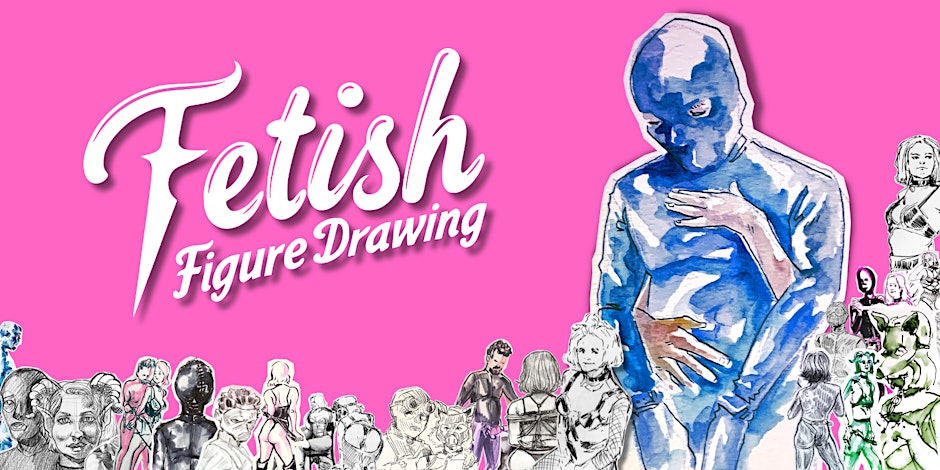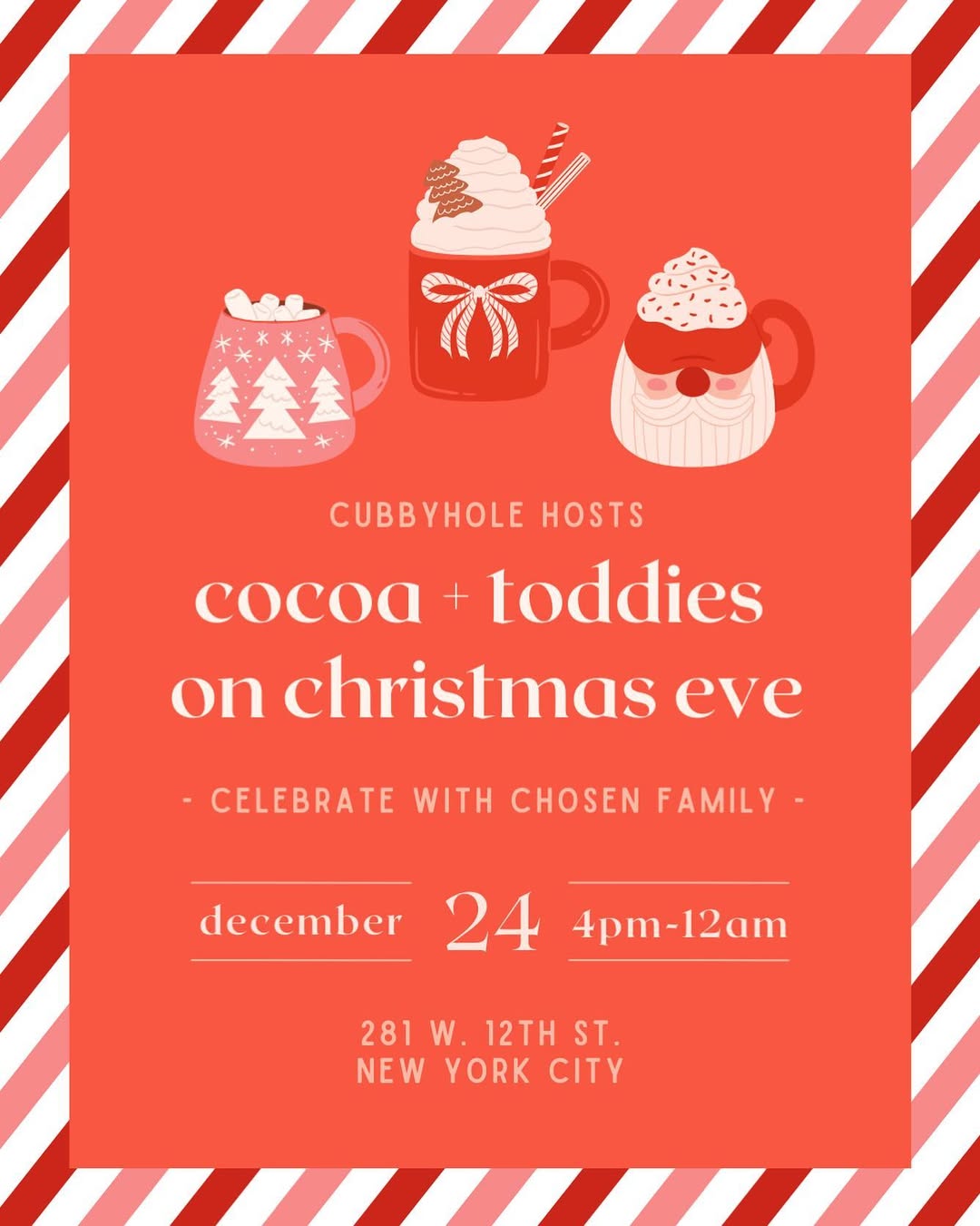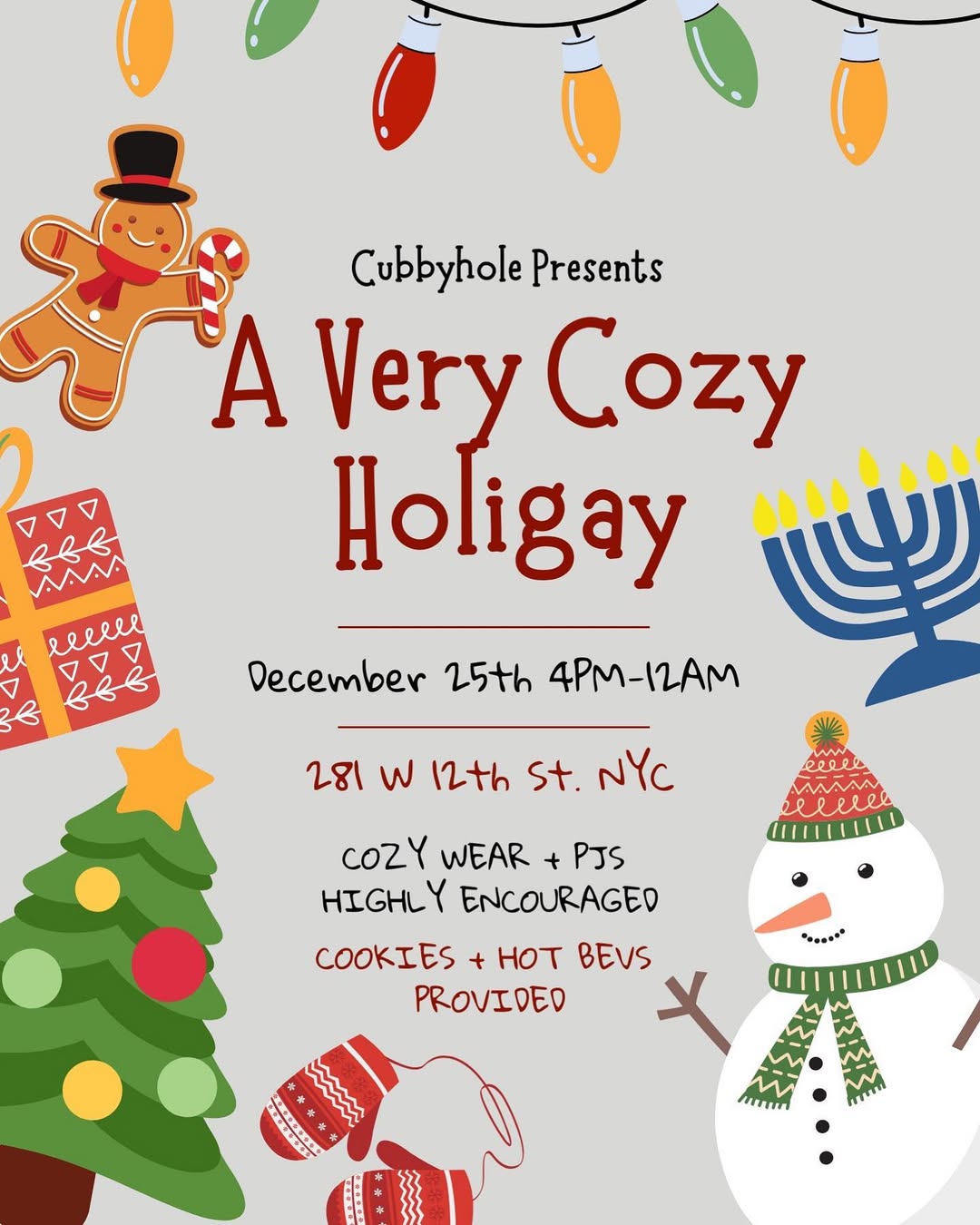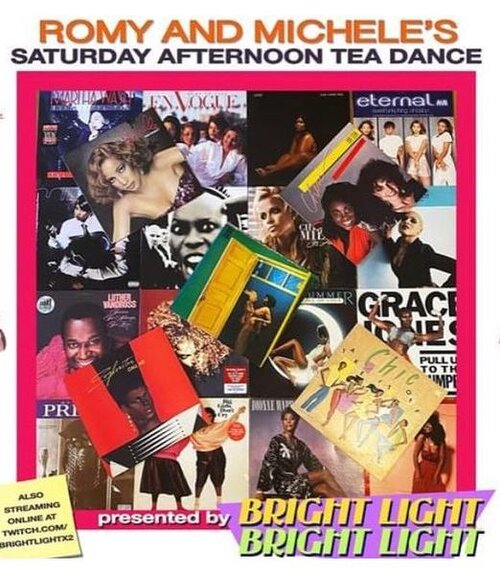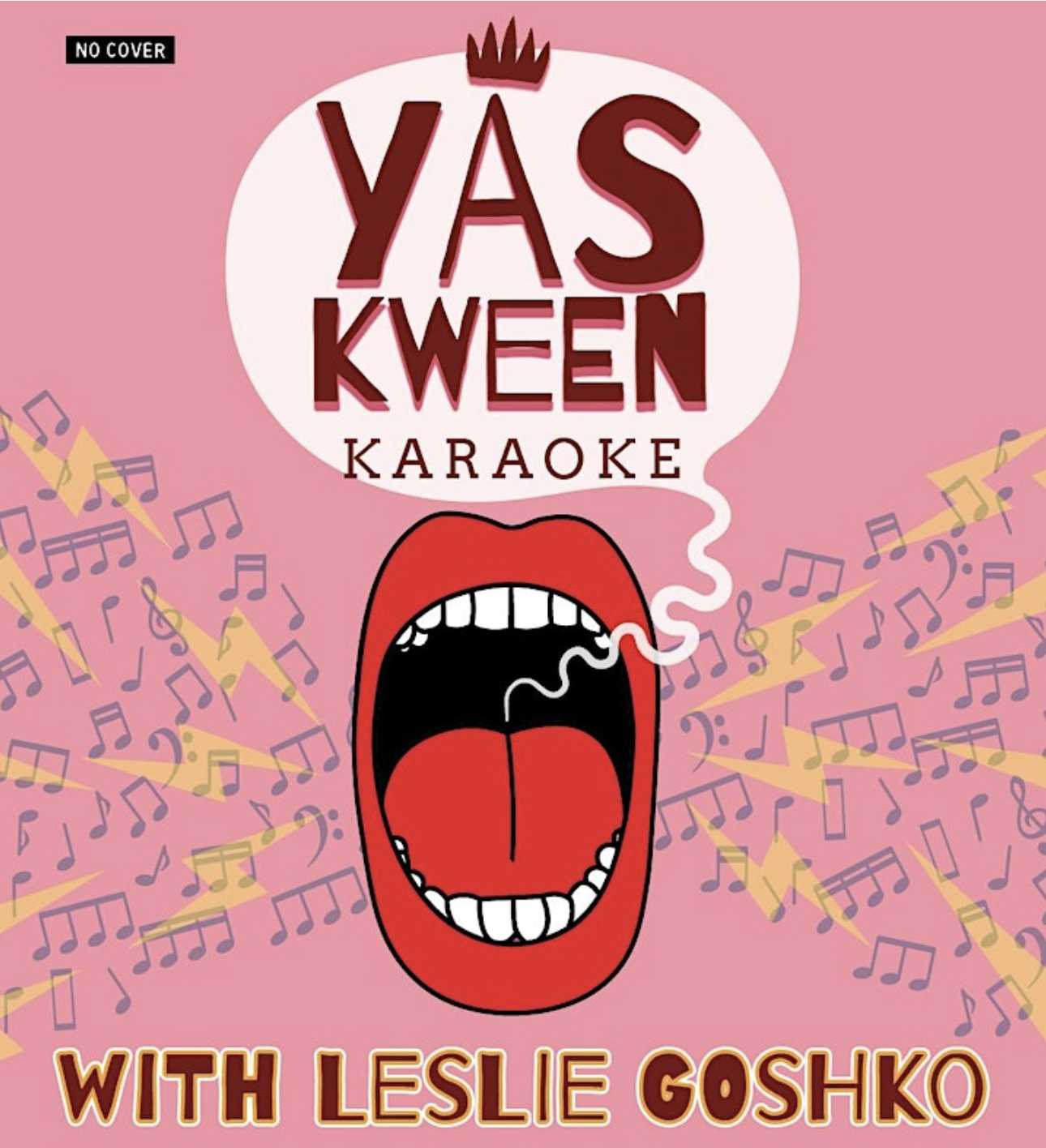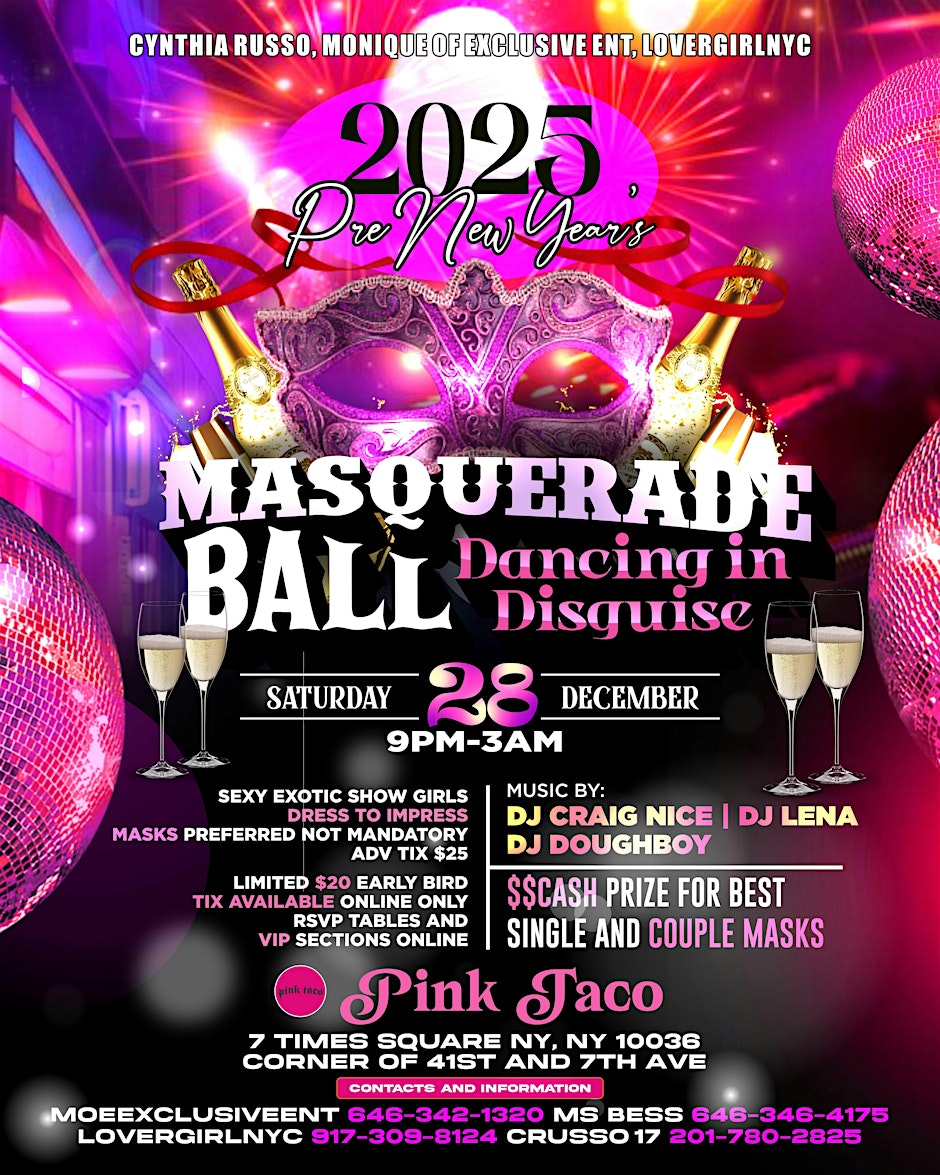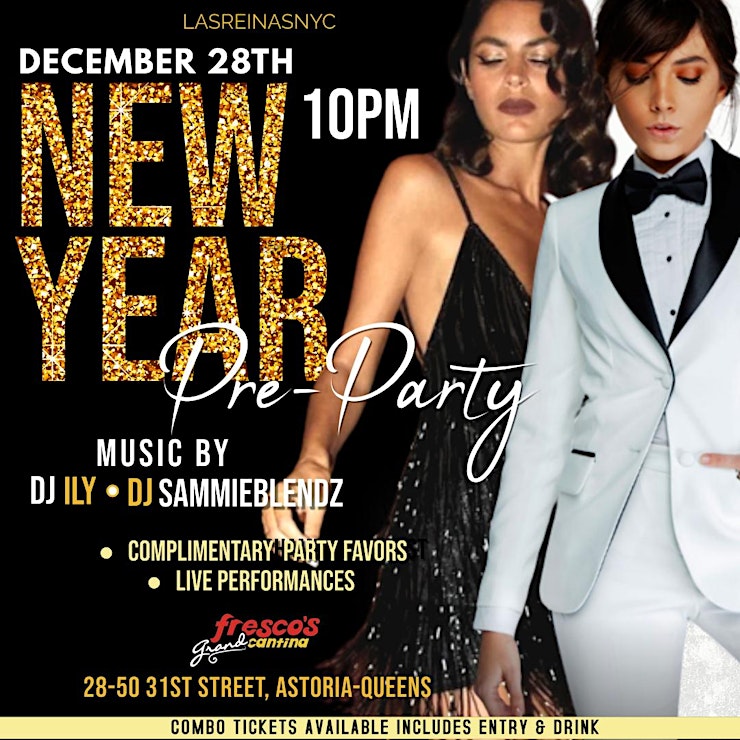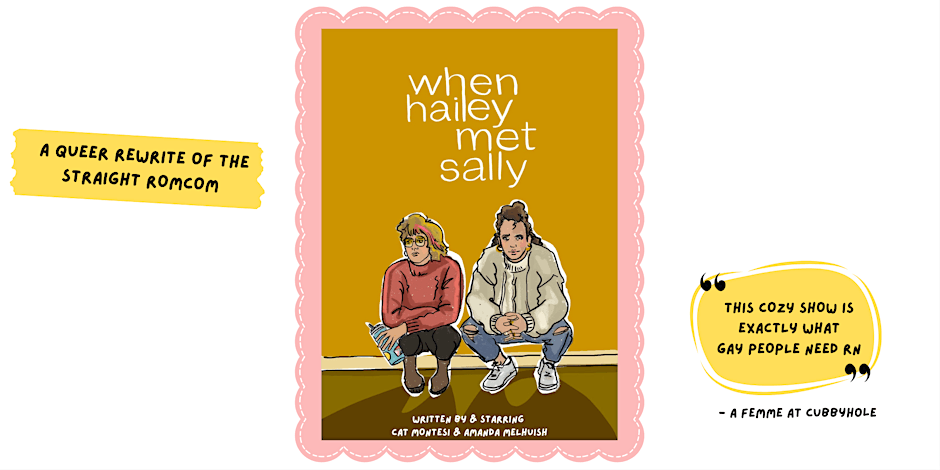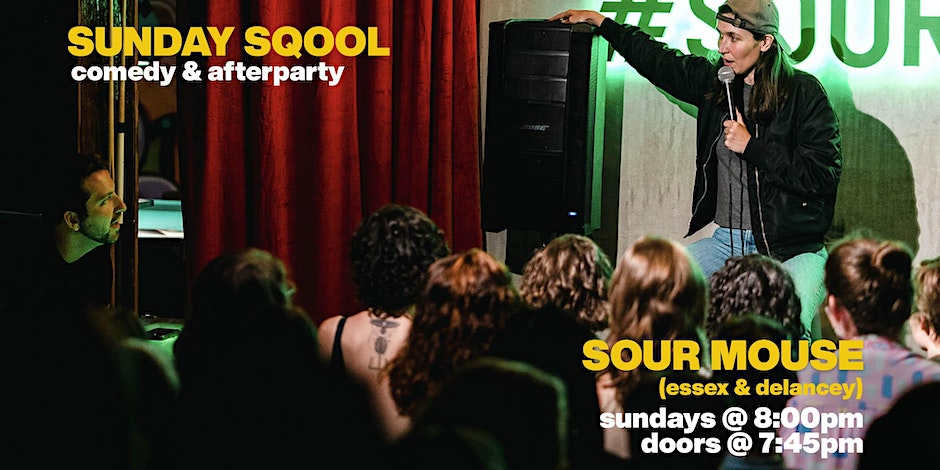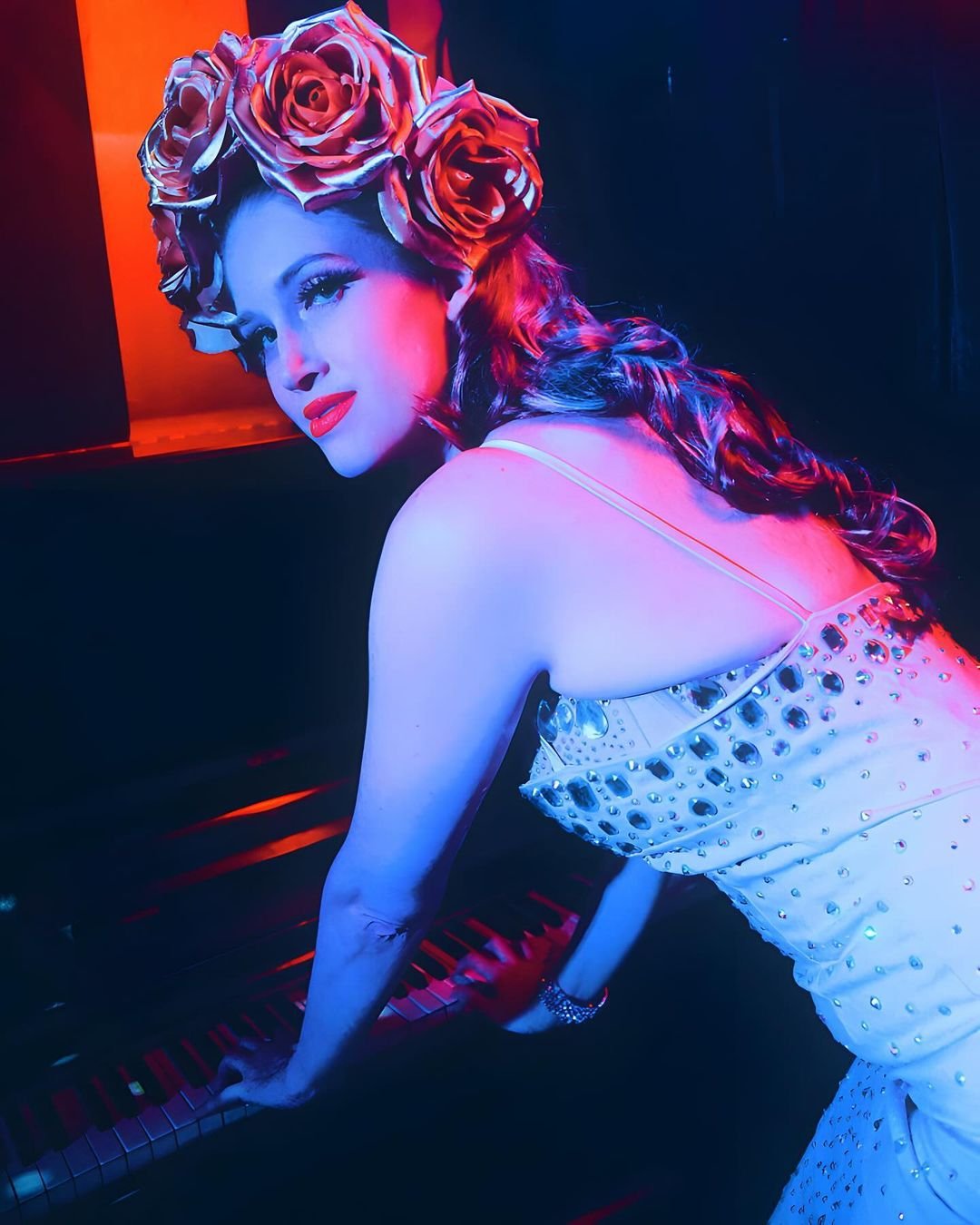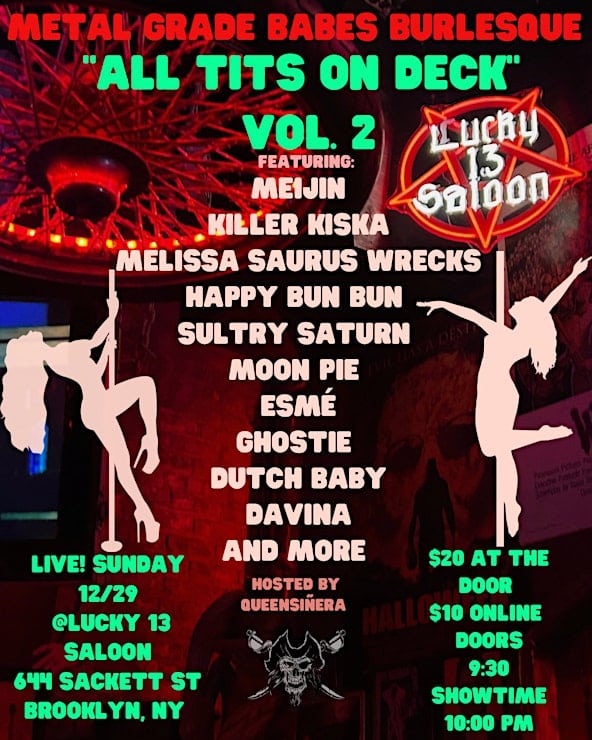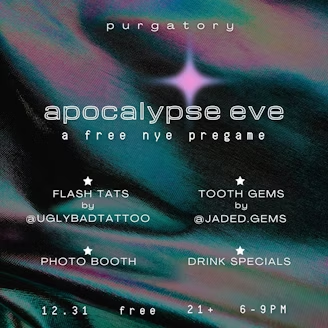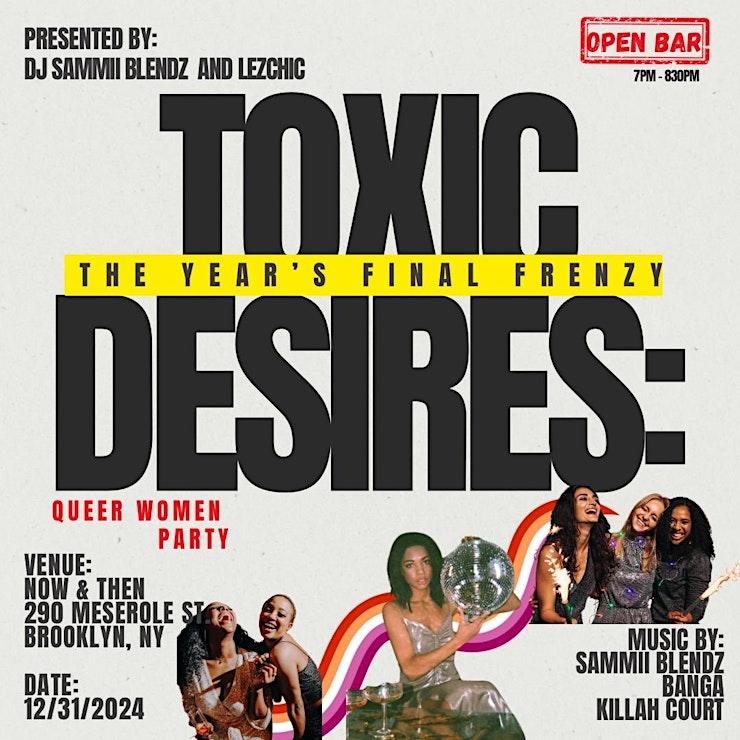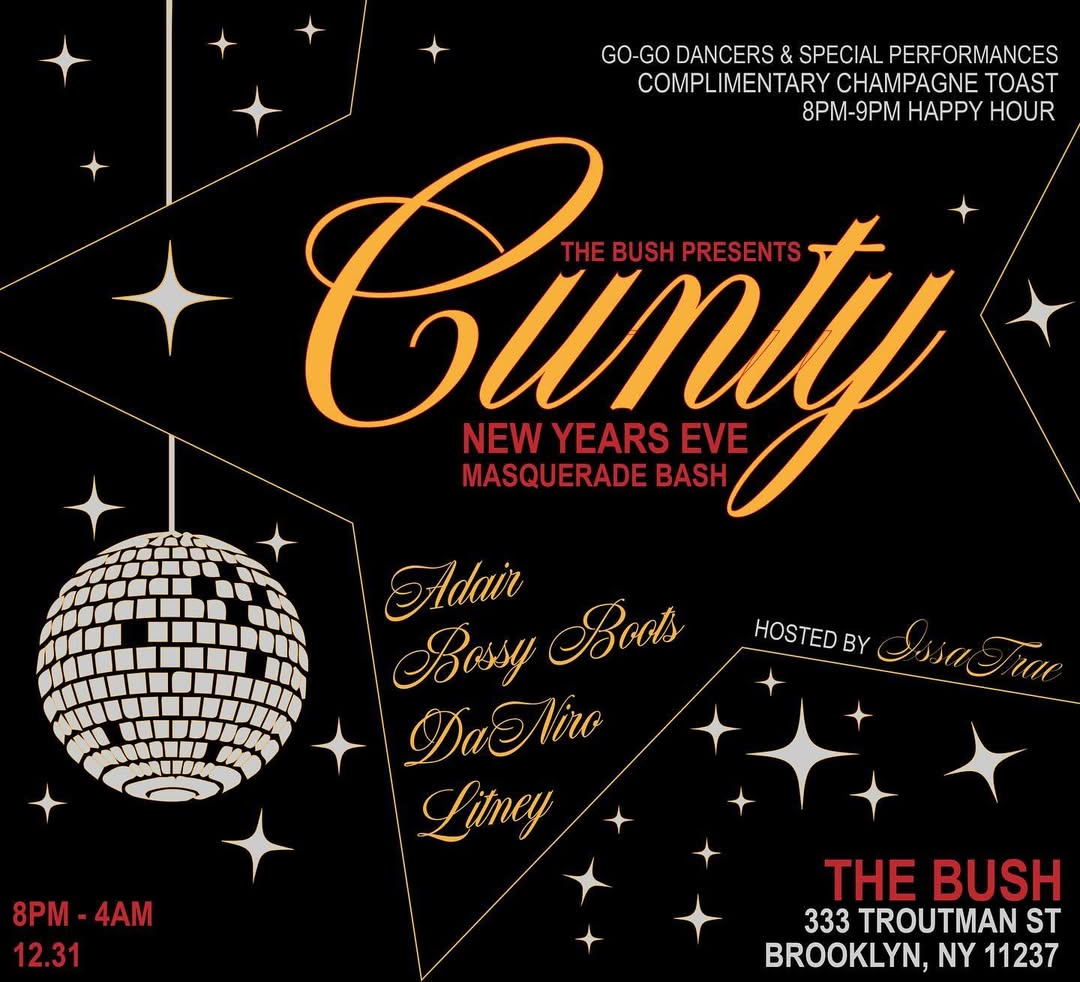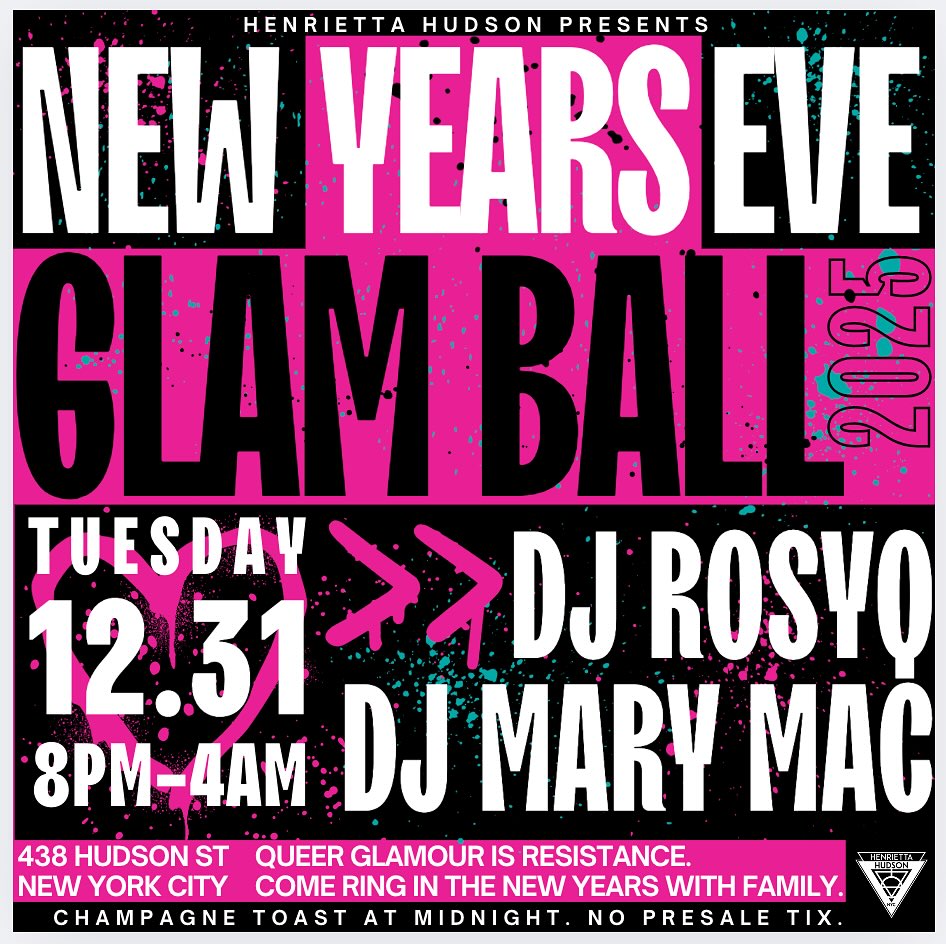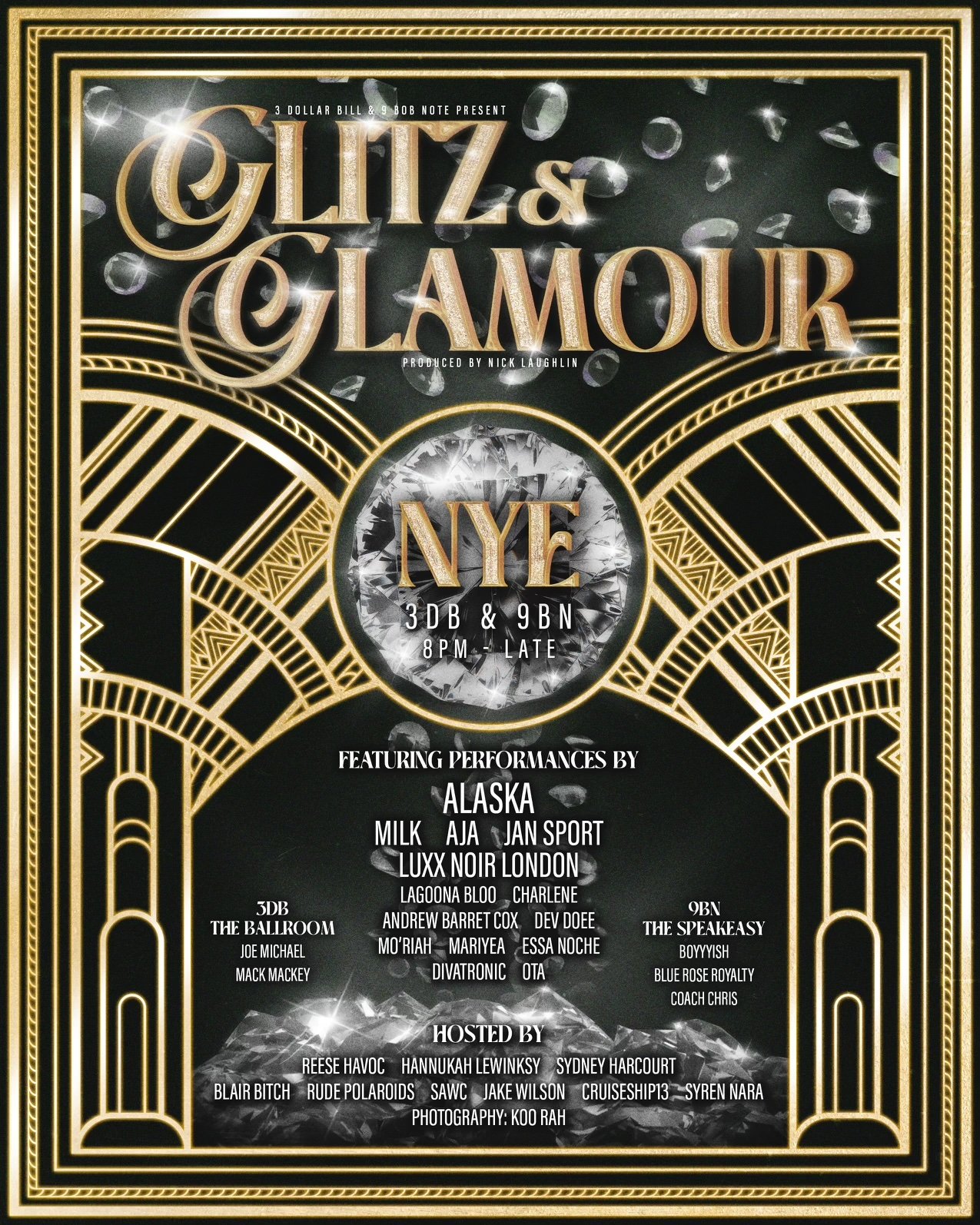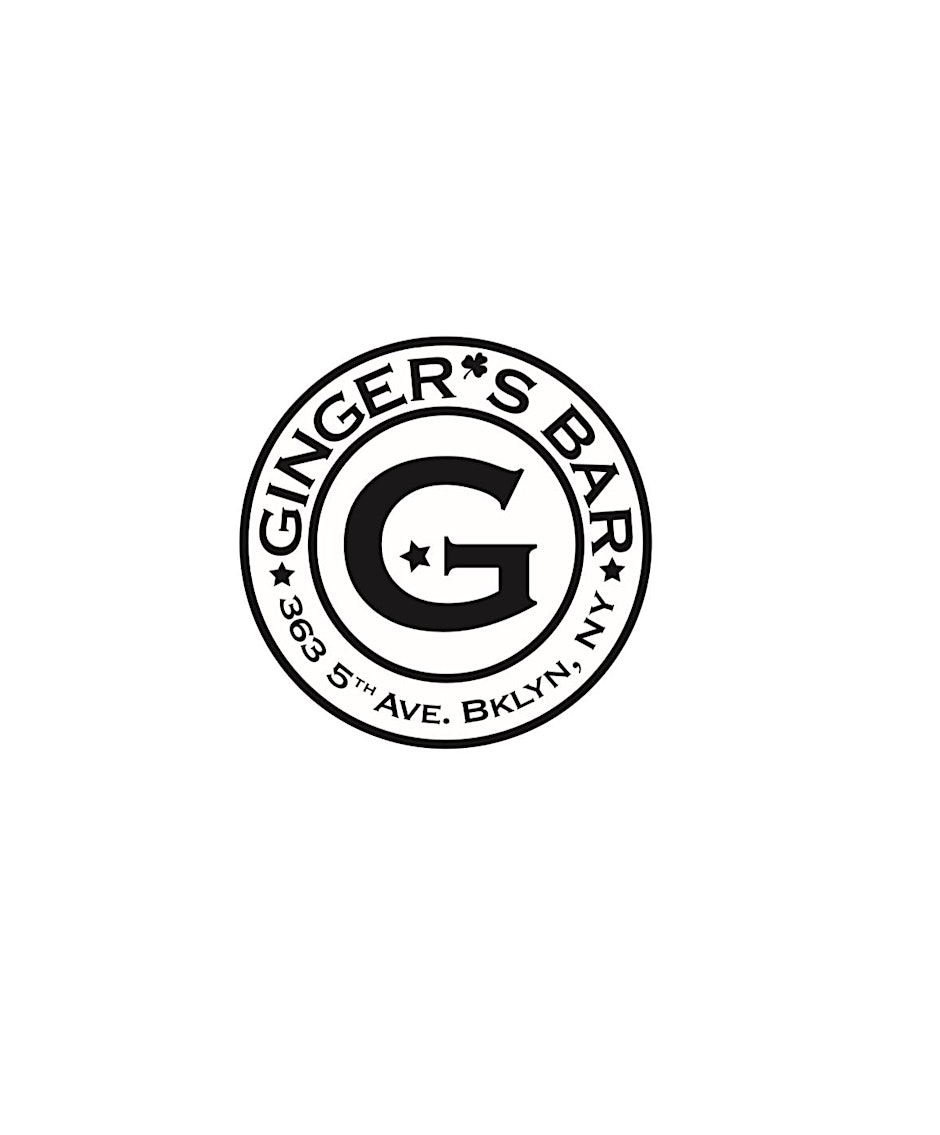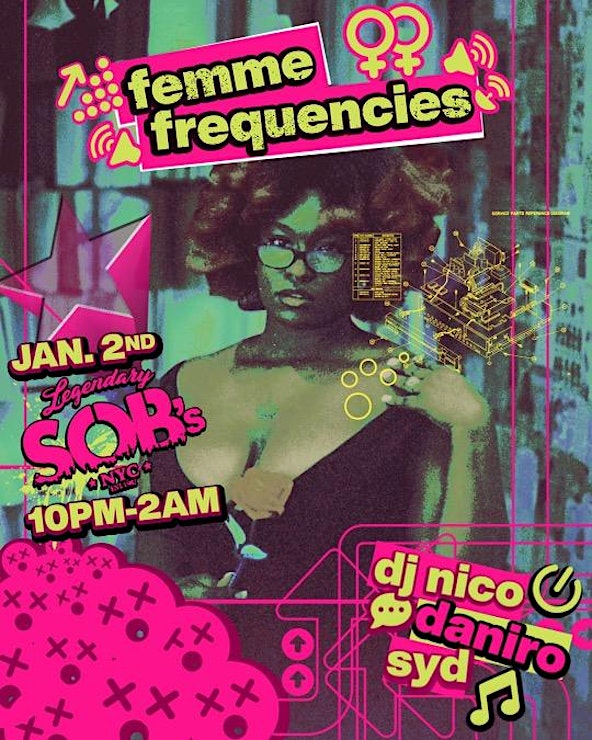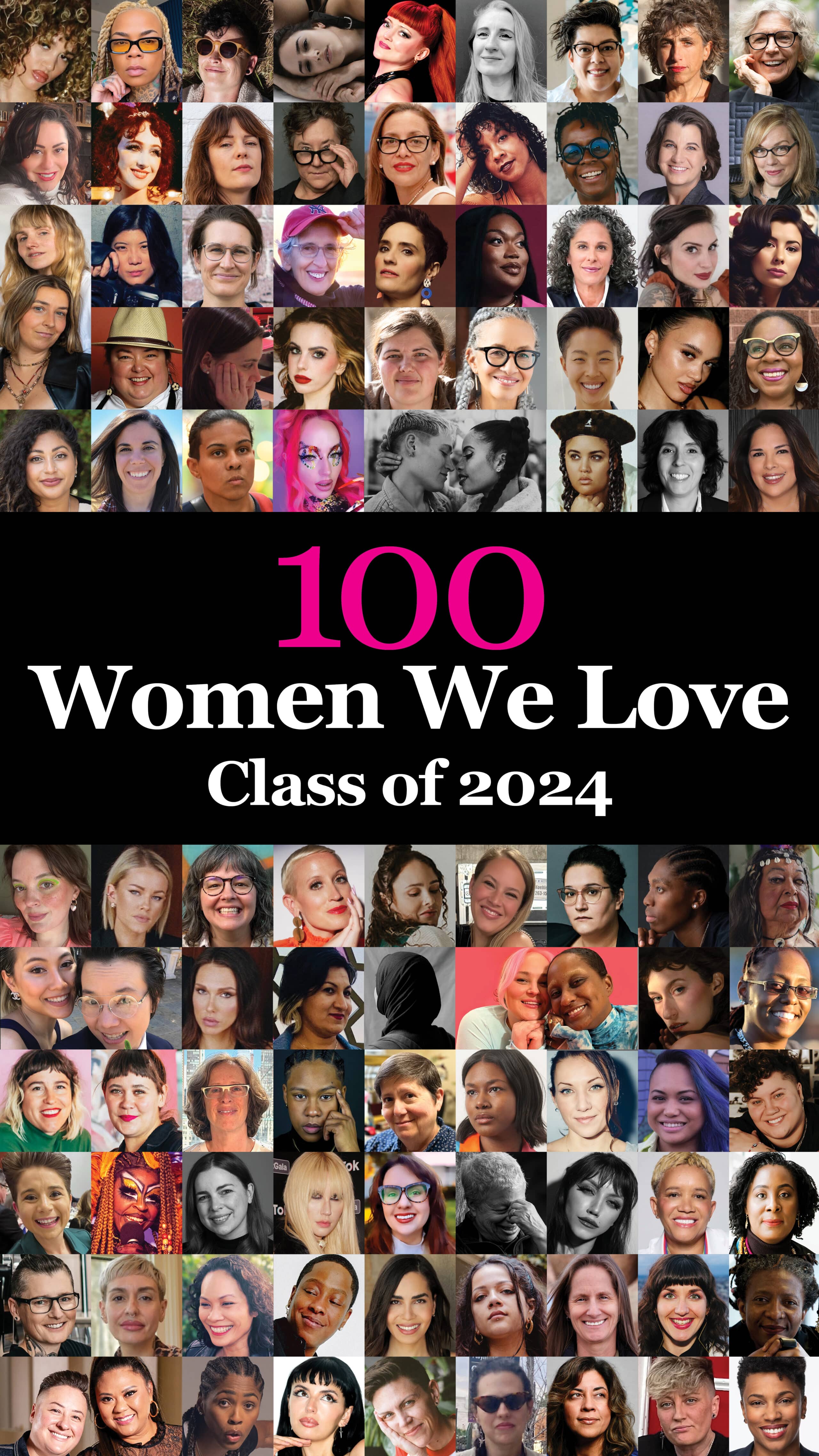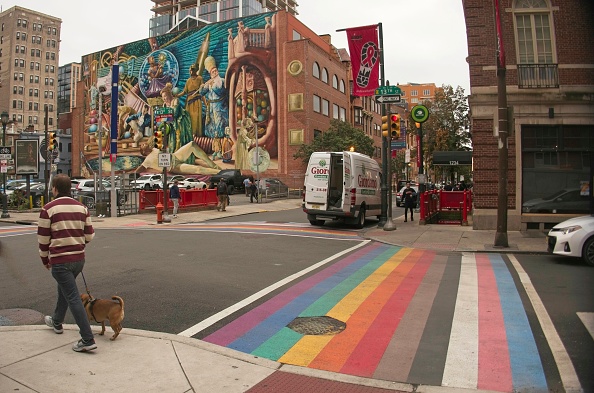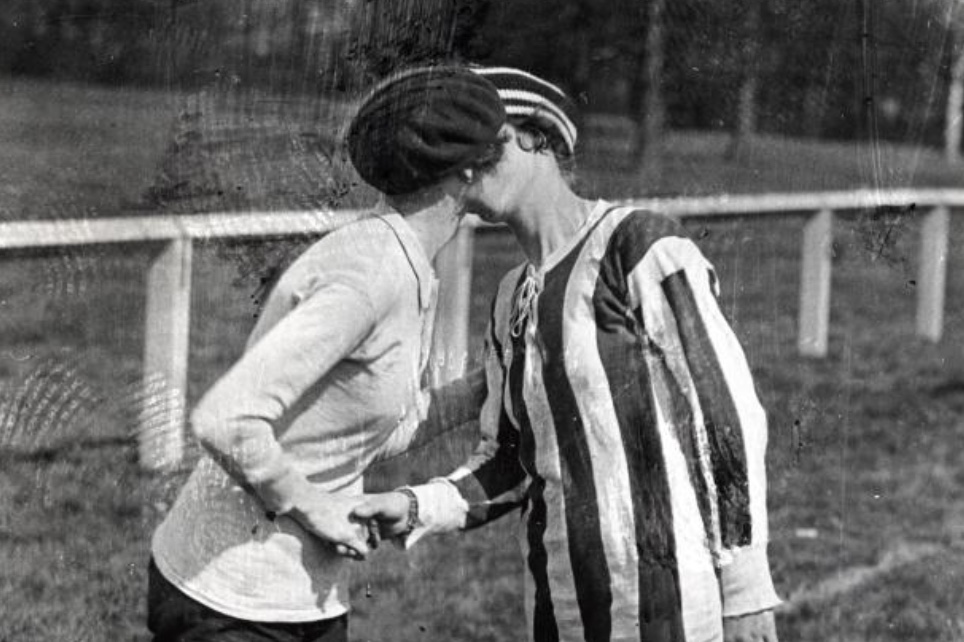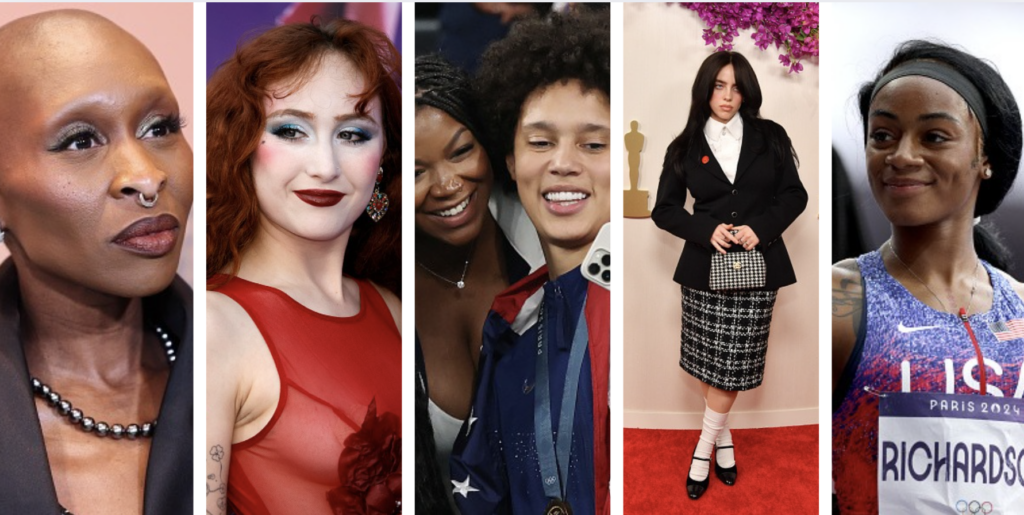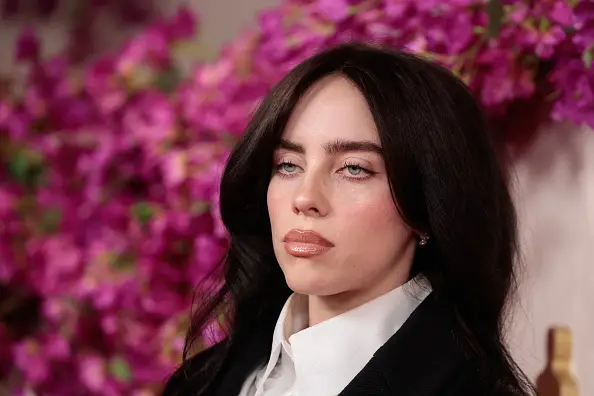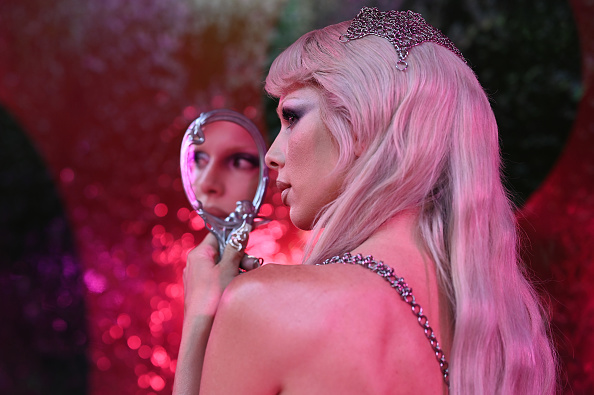The popularization of queer music has come a long way from the veiled musings of Gertrude Lawrence, cabaret songstress of The Roaring ’20s, encircled by crowds of her many lovers packed into The Ritz like sardines. Her world was one devoid of memes or paparazzi, where one’s memoir was confined to a diary, and sexual expression was off the table, full-stop. Now, artists like Amy Kuney, known professionally as Ames, thrive on the ability to use their sexuality and personality as the basis for their music. In more ways than before, young queer musicians live in a world where coming out is less a hurdle than manifesting opportunity.
For Ames, queerness is about entering into fresh experiences with fresh eyes. A self-identified lesbian and romantic, she insists that a lot of her music is steered by her adoration for women. She pens songs about everything from the universal challenges of enduring first loves as they become first exes to the discovery of one’s queer self in an era shellacked in gloss. Anthemic hits like her 2018 effort “Hold On” imagine a lyrical protagonist singing with passionate adolescent romanticism to a world that is shifting to “hear a crowd shouting ‘Oh, my God!’”
Ames has the futch sensibility of all the best lesbian musicians, influenced by the likes of Melissa Etheridge and Ani Difranco. She’s eager to release streams of sleekly produced sun-kissed pop ballads that invite soft, alluring promises. Fresh off the release of her new record, “Name Is Ames,” the musician released something else that is patently Zillenial, a mythos rooted in the gesture of queer imagination.
I had the opportunity to sit down with her for an exclusive interview for GO and ask a few questions about the release, delving further into her interests and influences. Here’s what she had to say:
Which queer artists are you inspired by?
I’m inspired by a number of queer artists! Wrabel, Sam Sparro, Melissa Etheridge, Jennifer Knapp, T.a.T.u, Ani Difranco, SOPHIE, Sam Smith, Hayley Kiyoko, LP, Lauren Ruth Ward…The list goes on!
What experience first made you passionate about music?
Well, my folks put me in piano lessons when I was four years old, and I started performing by playing in church. I certainly didn’t enjoy the nerves leading up to performing, but I enjoyed the compliments I received afterward. That hasn’t changed.
What was the creative process for the record? Do you write/produce your own music? What’s that process like?
I don’t produce. … I get pretty lost in finding the right sounds, and it distracts me from writing, so I leave that up to David Burris (my producer at Mateo Sound). I don’t really have a process that works every time. Some songs come lyric-first and then I build around the lyrics. Some songs come track or chord progression first, and then I mold the lyrics around the shape of the song. It really depends on what I’m inspired to create at the moment—whether it be melody, lyric or song structure.
What instruments do you play, and what made you attracted to that instrument (including voice)?
I play guitar and piano. Piano came first. … I was four years old when I started piano. I learned guitar by myself when I was about sixteen. I bought a poster of chords from Walmart, taped it to my bathroom door, and I’d sit on my toilet and work through the chords. I learned to play “Dust In The Wind” and “Kiss Me” by Sixpence None The Richer. I never really dove into formal training for my voice—I kind of sing the same way I talk—but I did pick up vibrato from Fiona Apple’s album “Tidal.” I don’t have natural vibrato, so I force it at the end of phrases to sound like her.
What’s on your personal playlist these days?
Honestly? Tibetan Sound Bowls and nature sounds. Sometimes I need a break from lyrics.
Did you conceive of all the songs for the record together as a concept or were they all written at different times & arranged for this record?
These songs were all written at different times. A few of the songs I wrote for another artist, and that artist didn’t end up [keeping] the song, so I asked if I could keep it and release it for myself. I mainly write for other artists, but, sometimes, a song just turns out to be too personal and too specific to my story. Those are the songs I keep if I can!
Do you have any message you’d like to impart to fans of your music?
I want [them] to know how grateful I am. … They’ve received my EP so warmly, and not a day goes by that I don’t get a message from someone expressing how a song of mine has impacted them or a loved one. It’s so encouraging to me, and, while I’m not selling millions of albums, I feel that I am touching lives, and that’s more important to me.
What is your favorite part about being a musician? Your least favorite? Why?
My favorite part of being a musician is that hour or so after a show … when I know I’ve performed my best. It’s the thrill of coming up with a really cool concept that “completes” a song, collaborating with like-minded people, and feeling like we’re on the same wave of inspiration. My least favorite part is the fact that I don’t make a steady income. Living from paycheck to paycheck can be terrifying but rewarding at the same time.
Check out her new record, My Name is Ames and fall head first into all the feels with no regrets!


